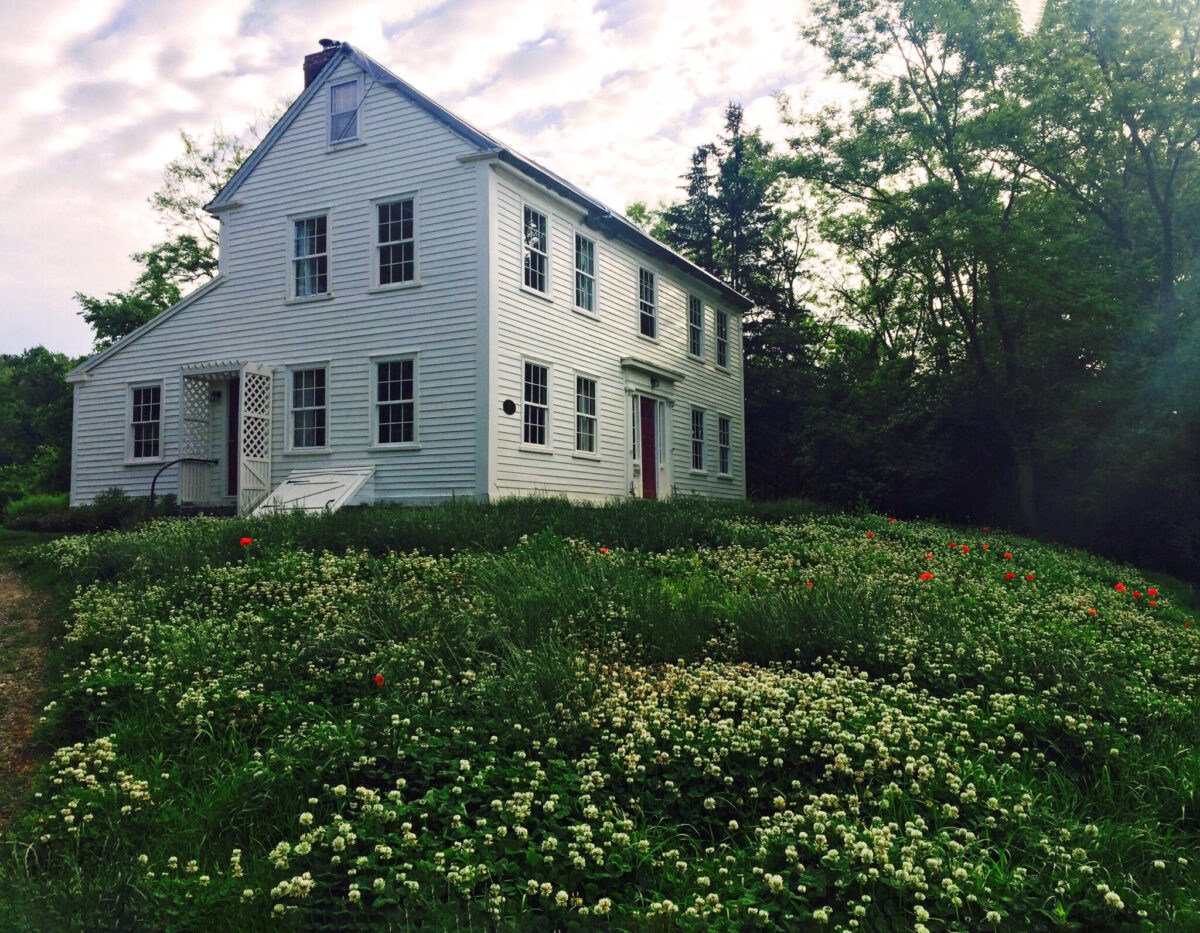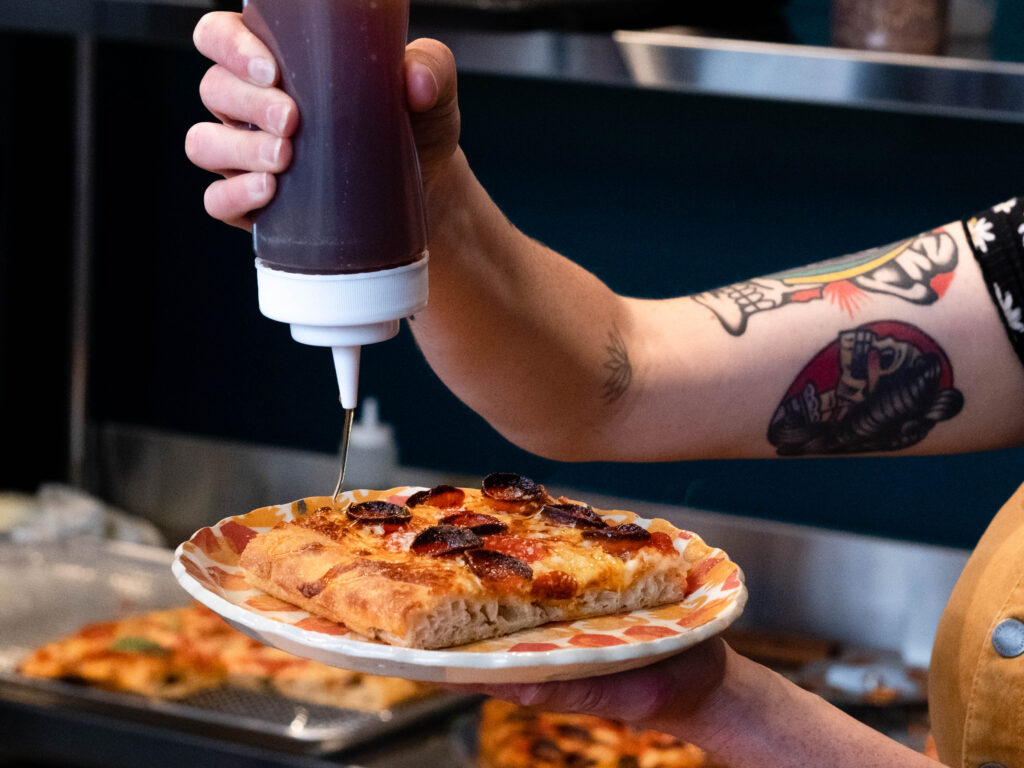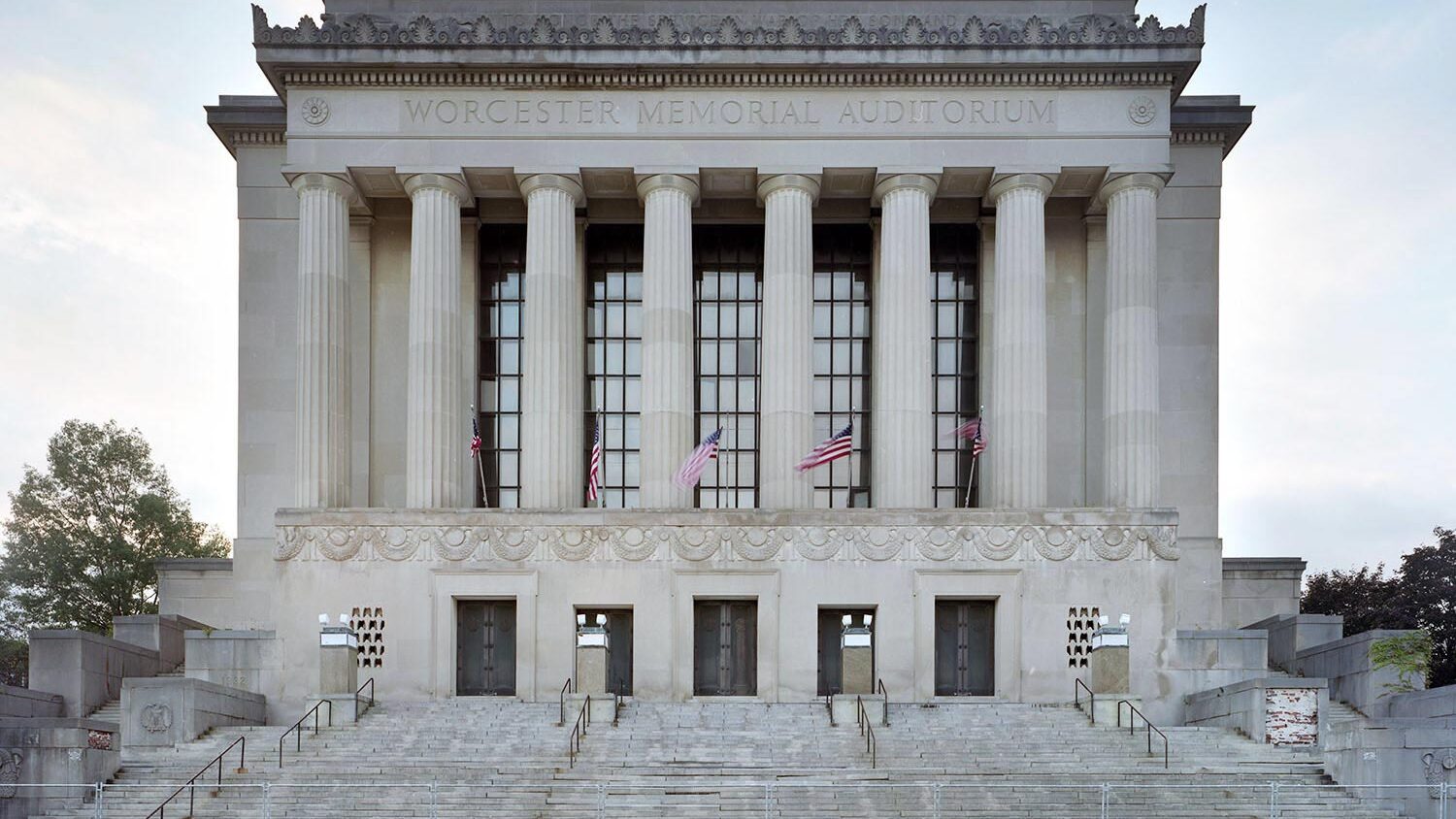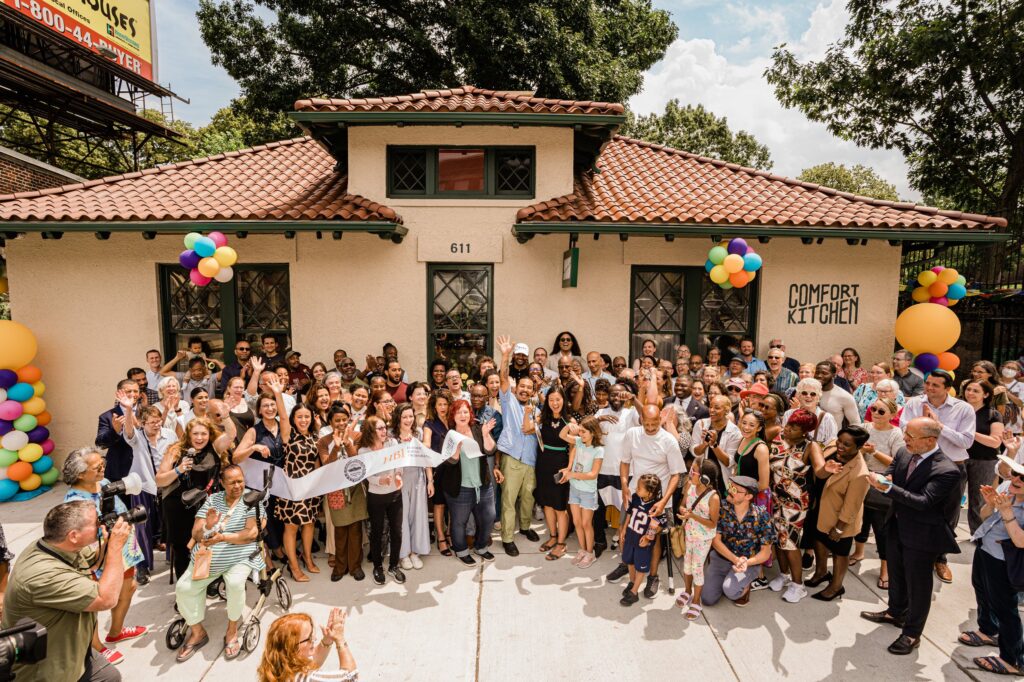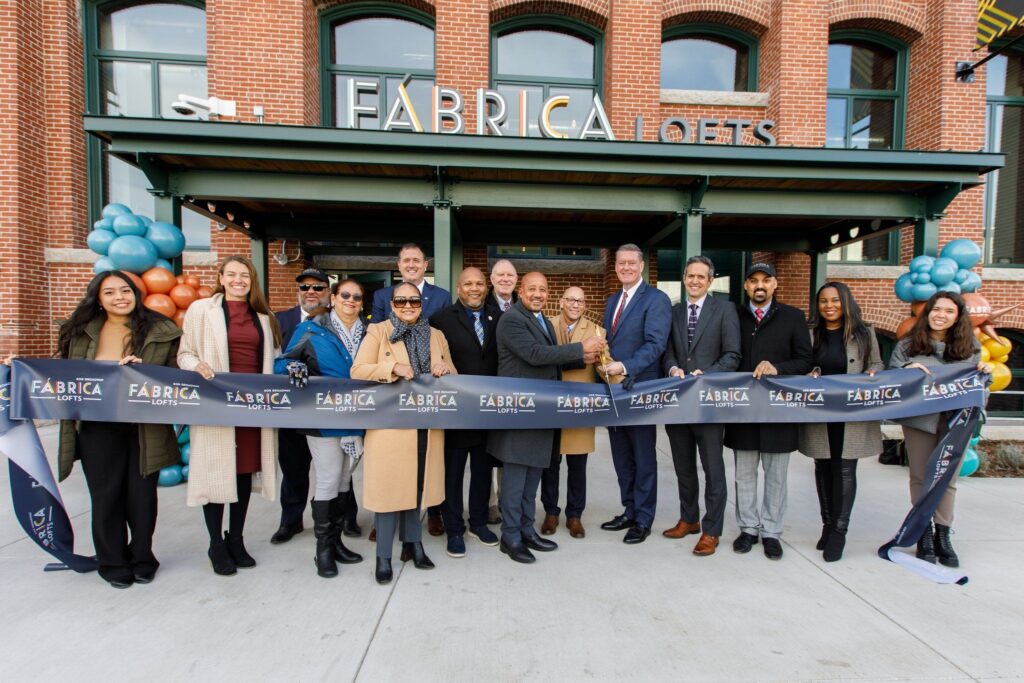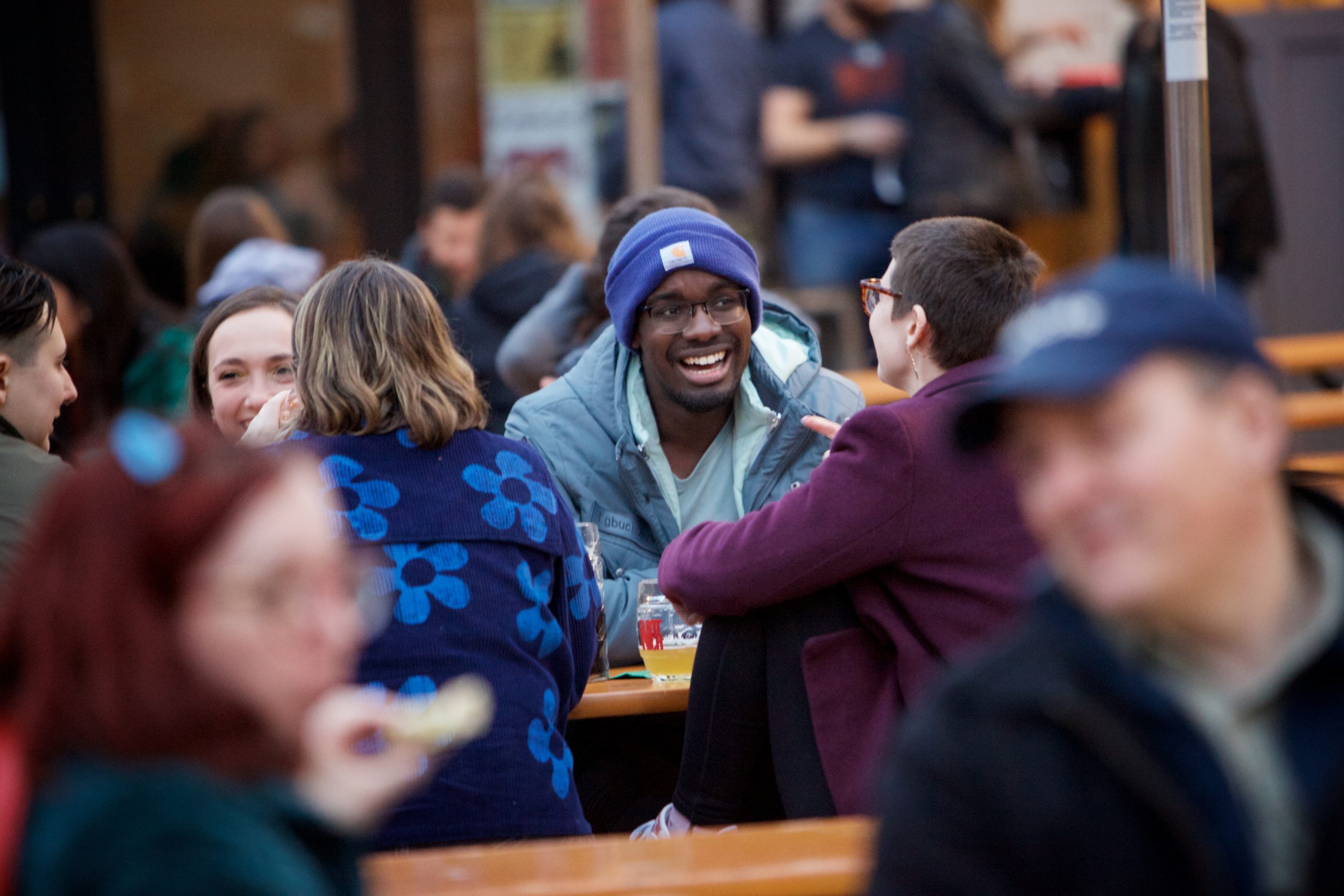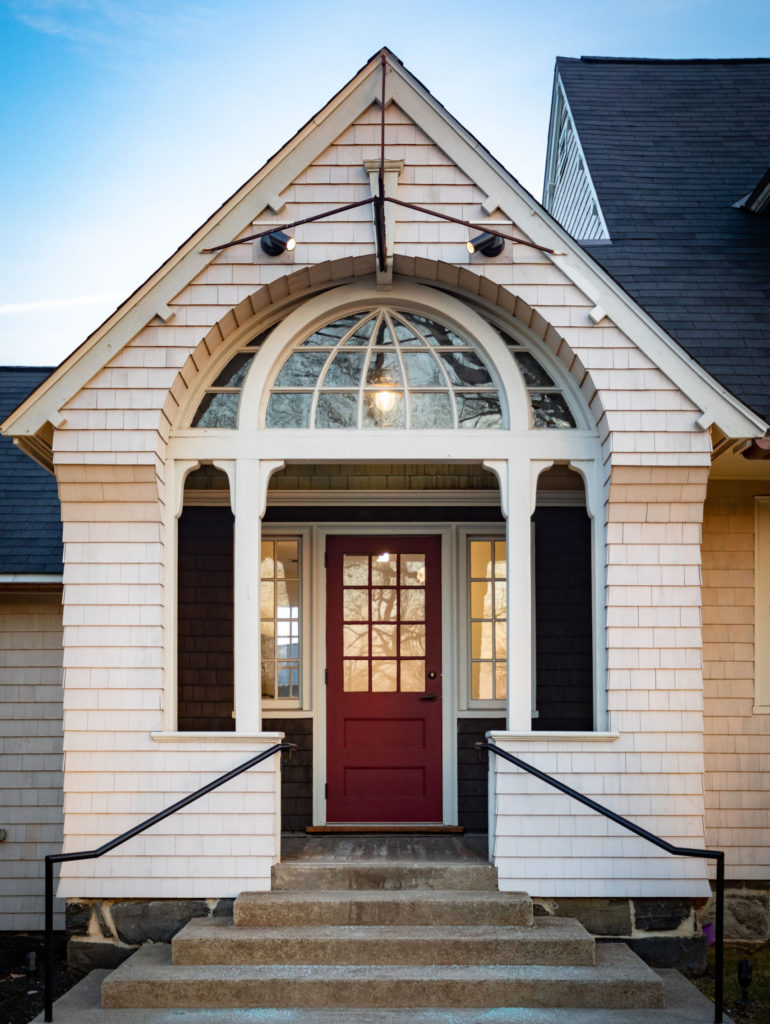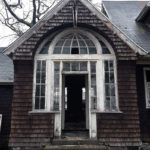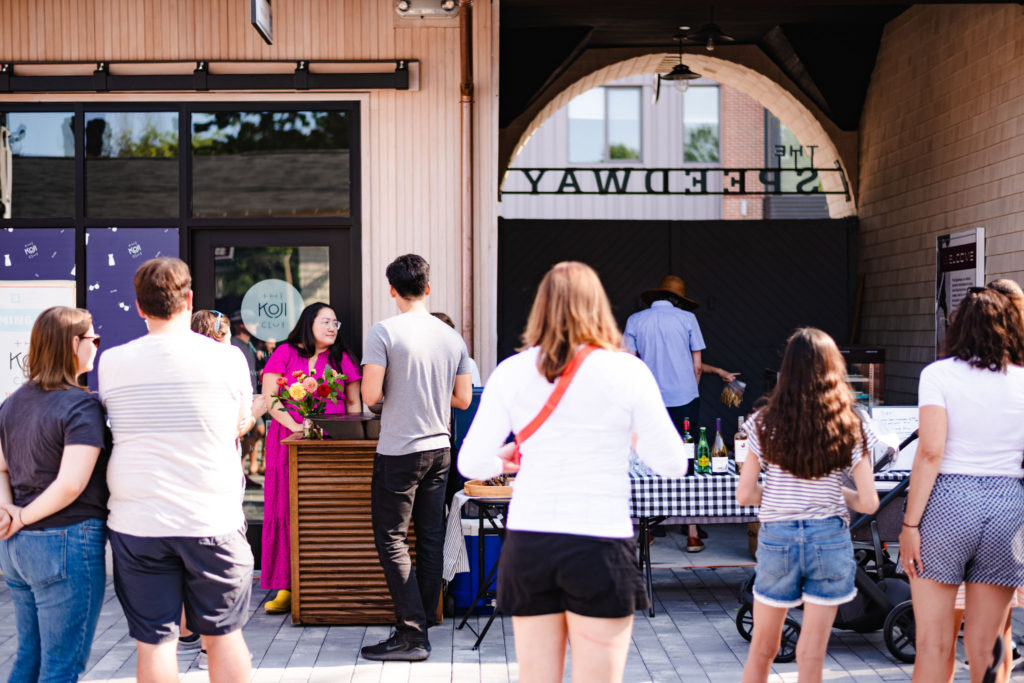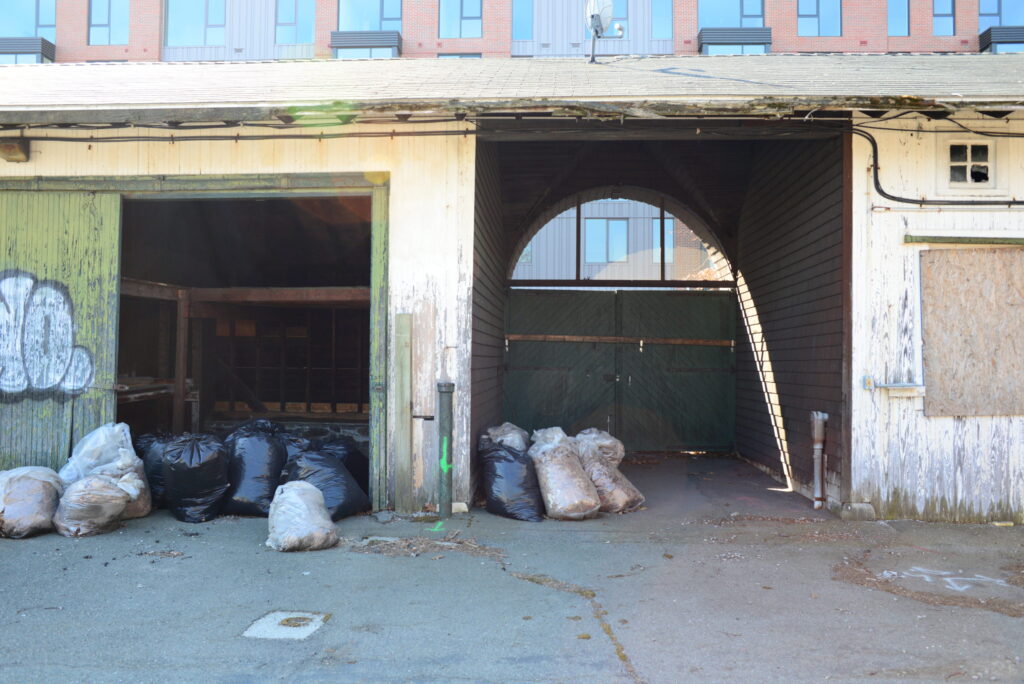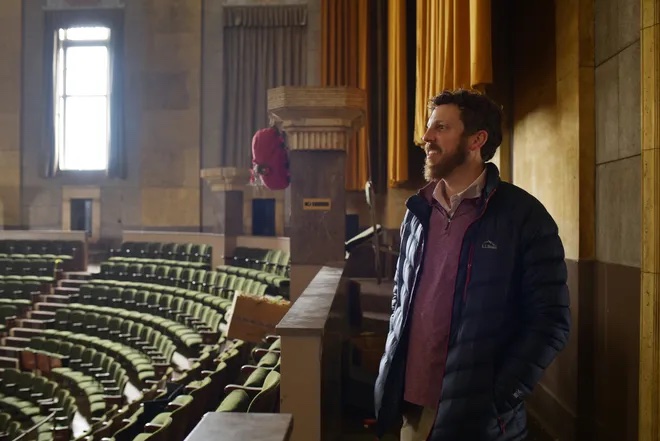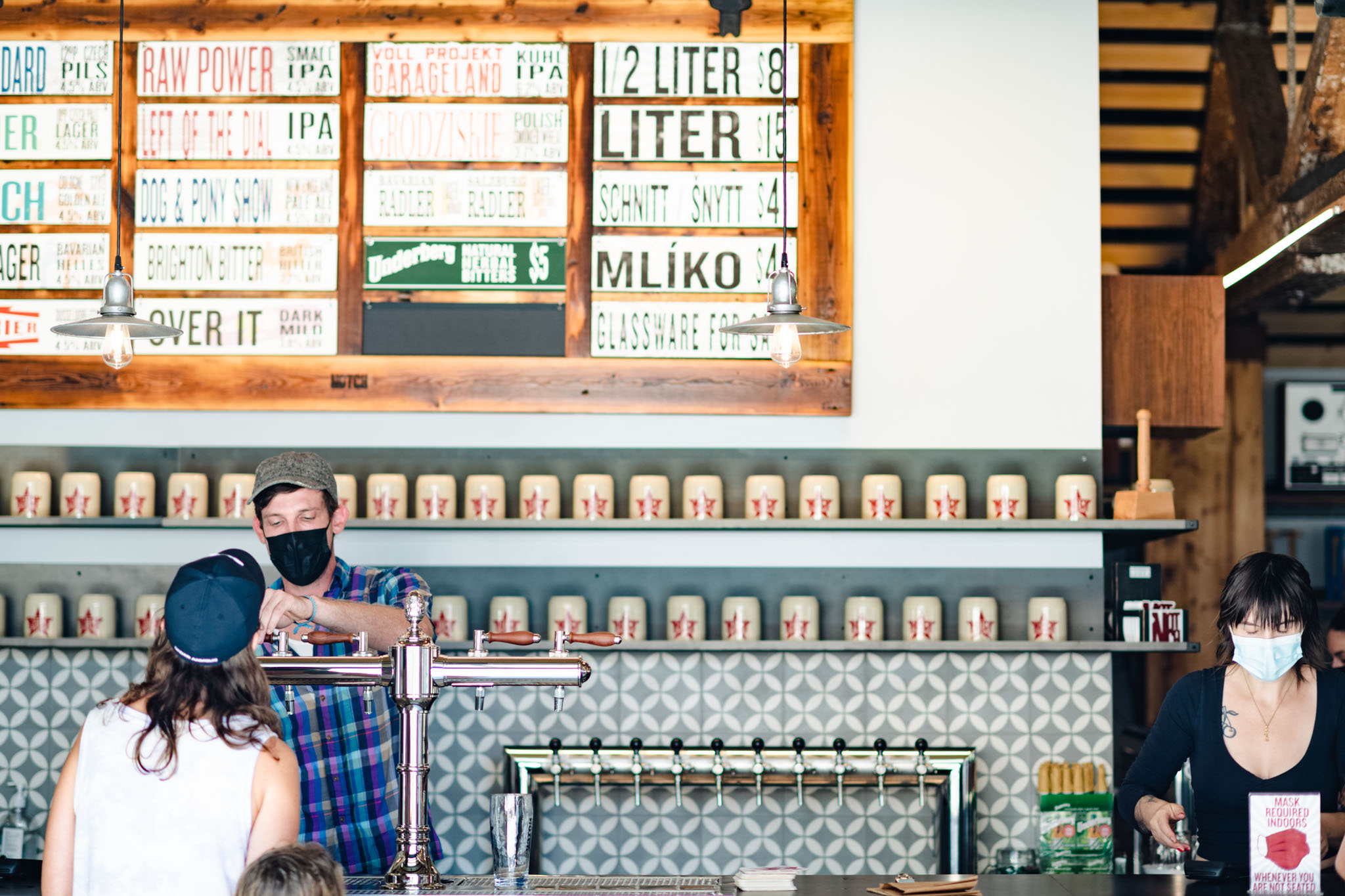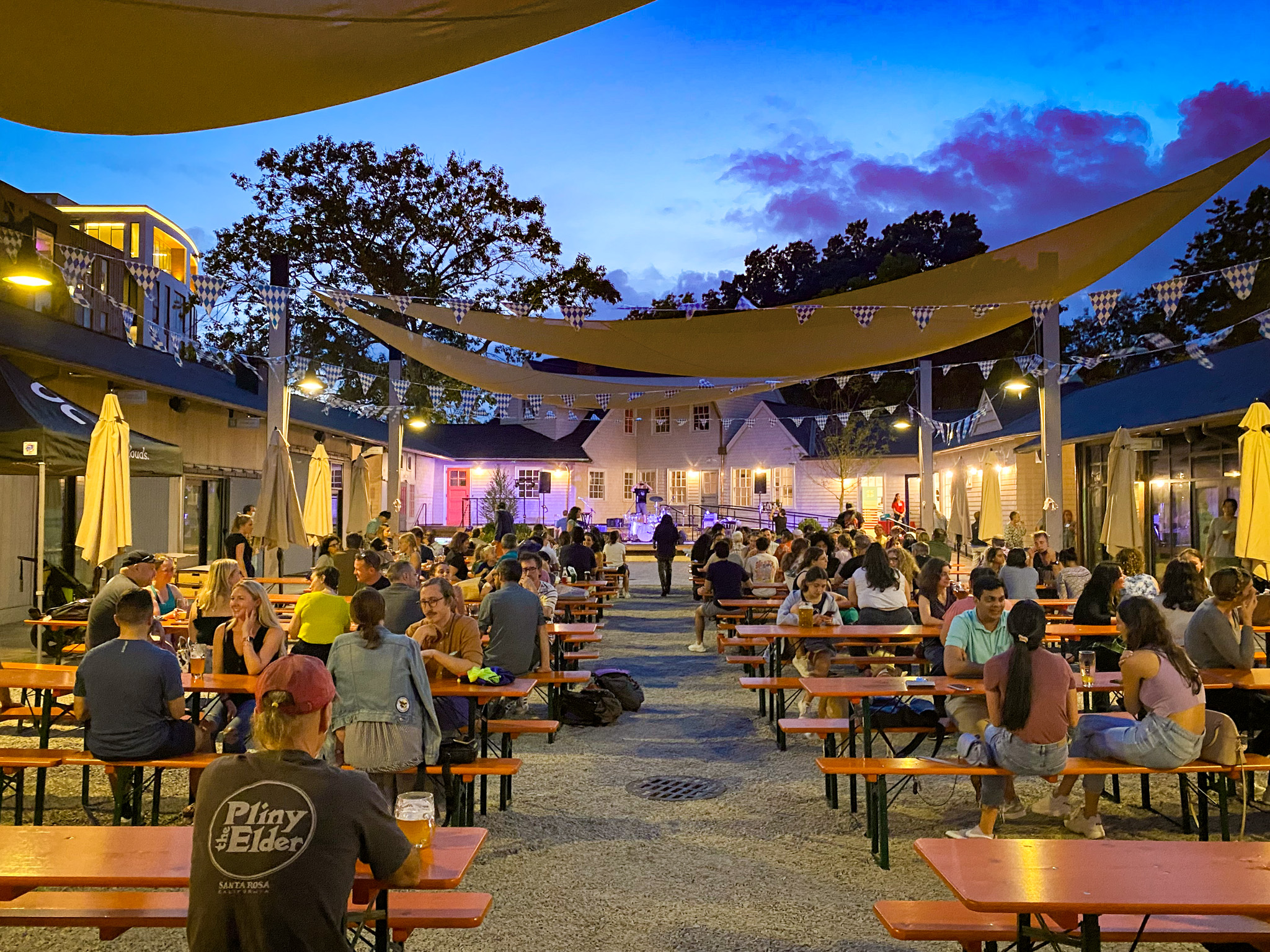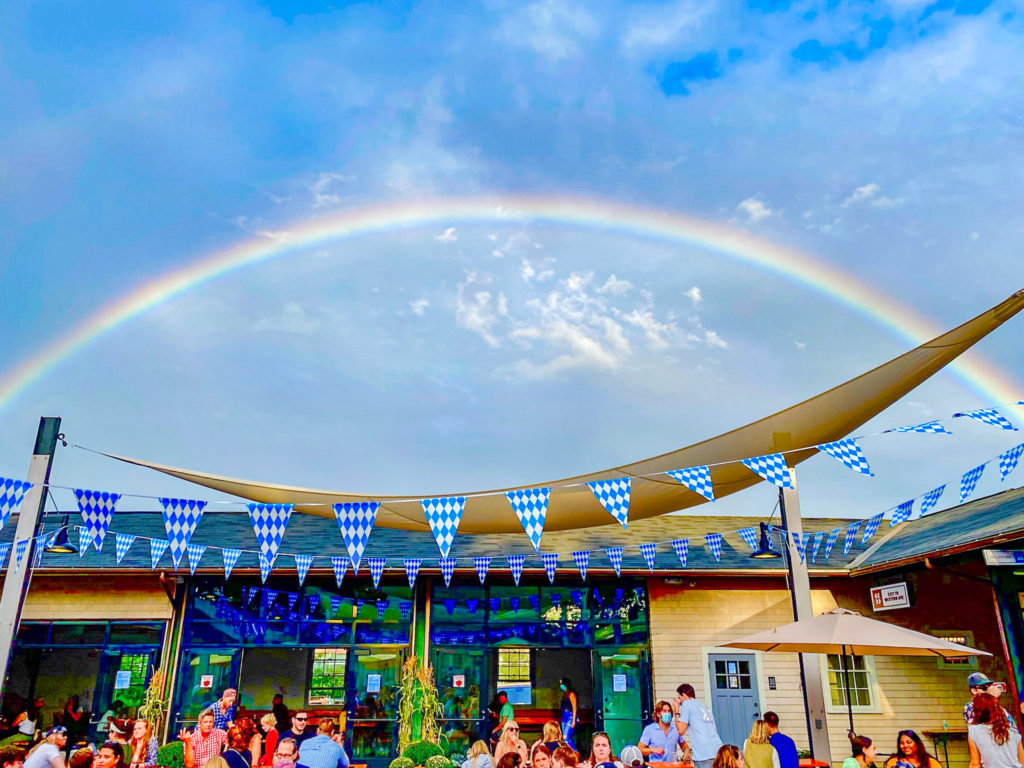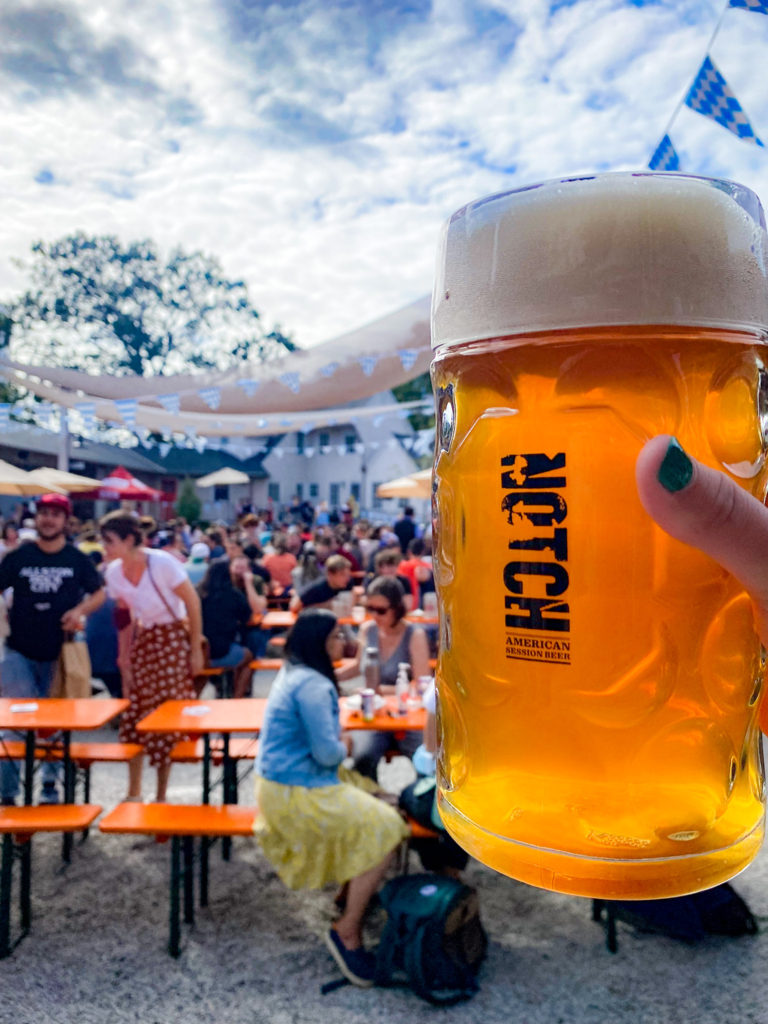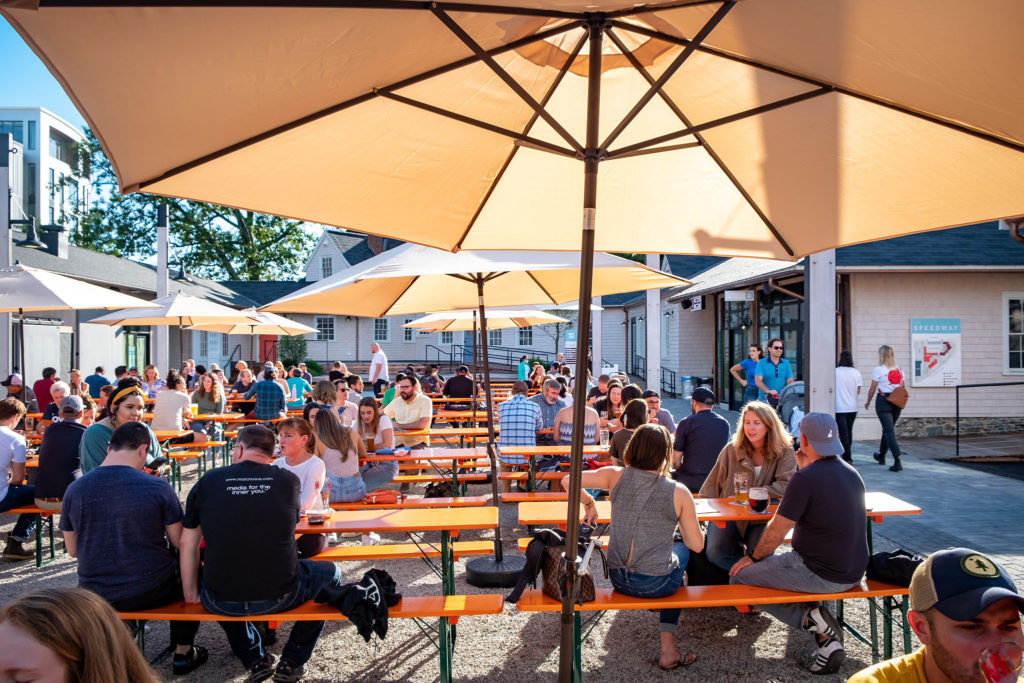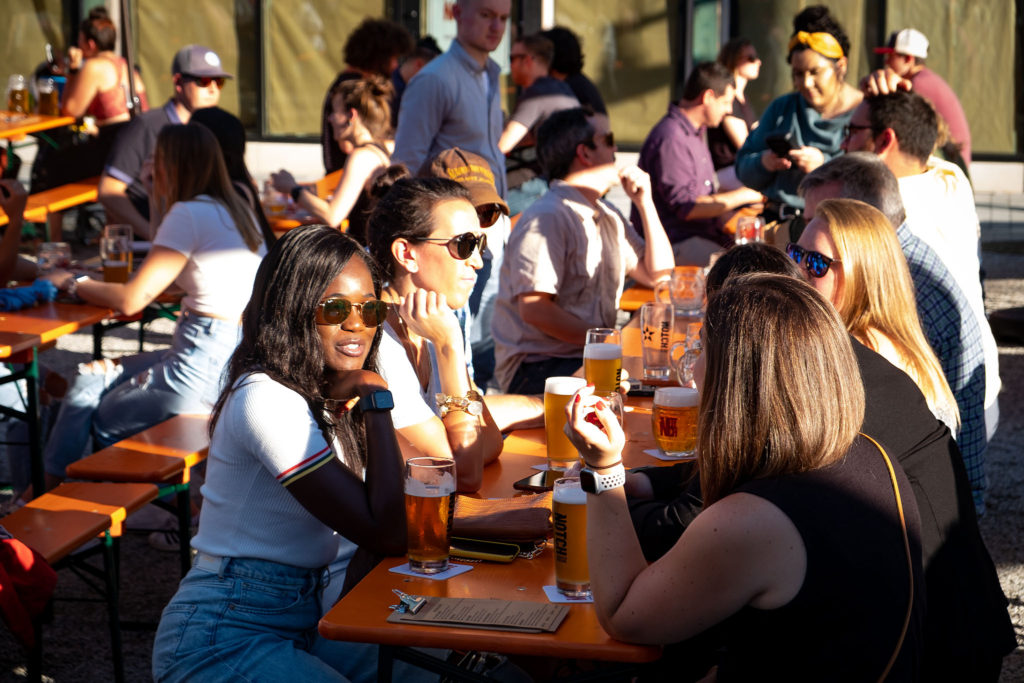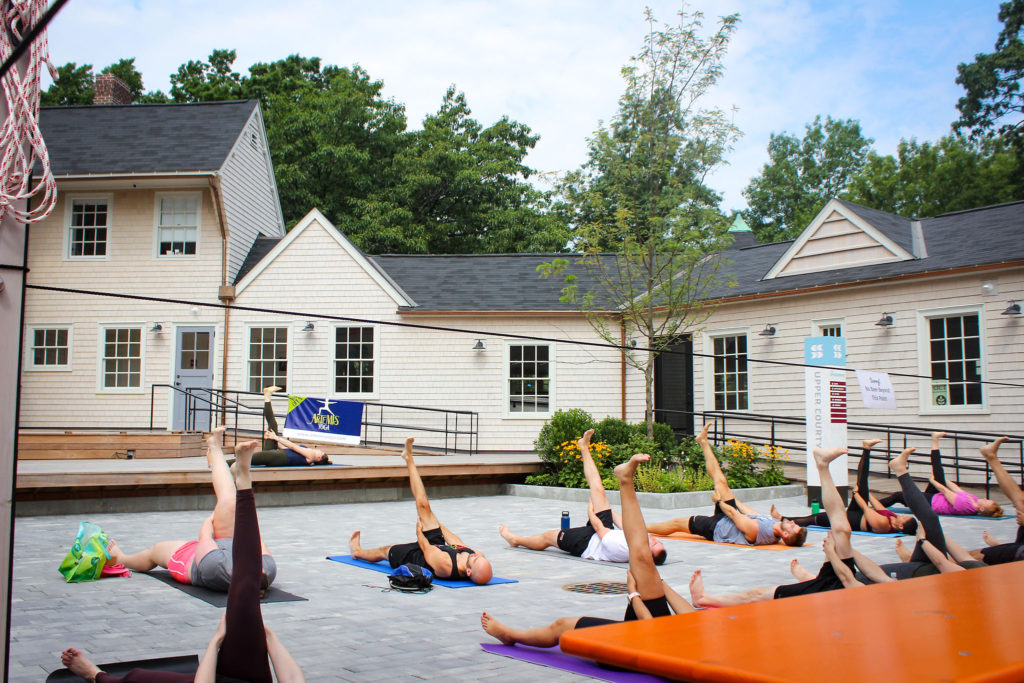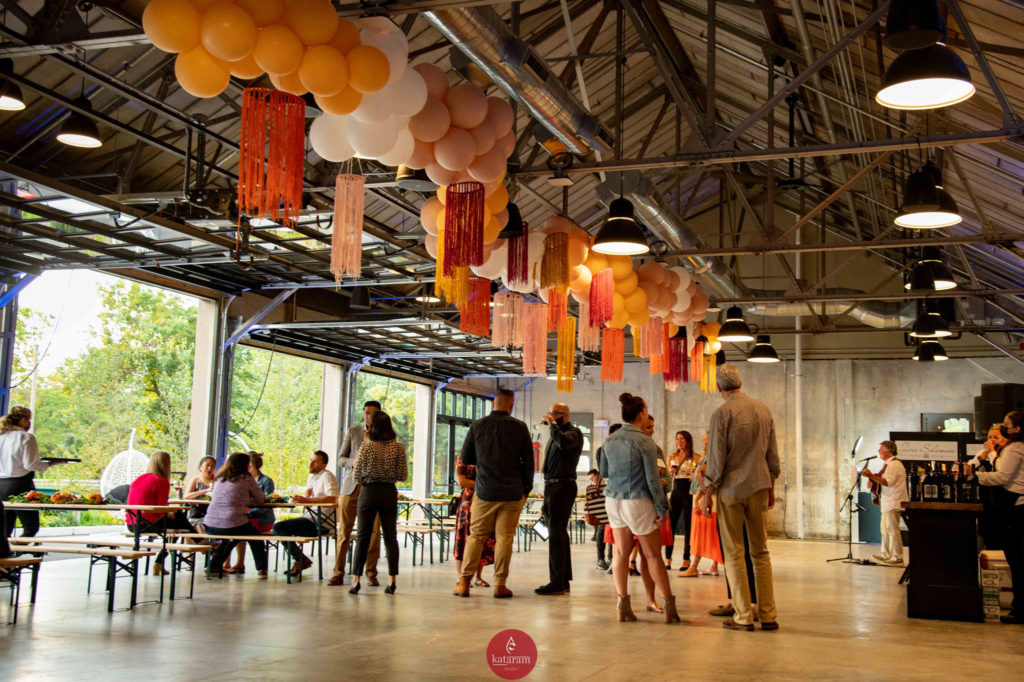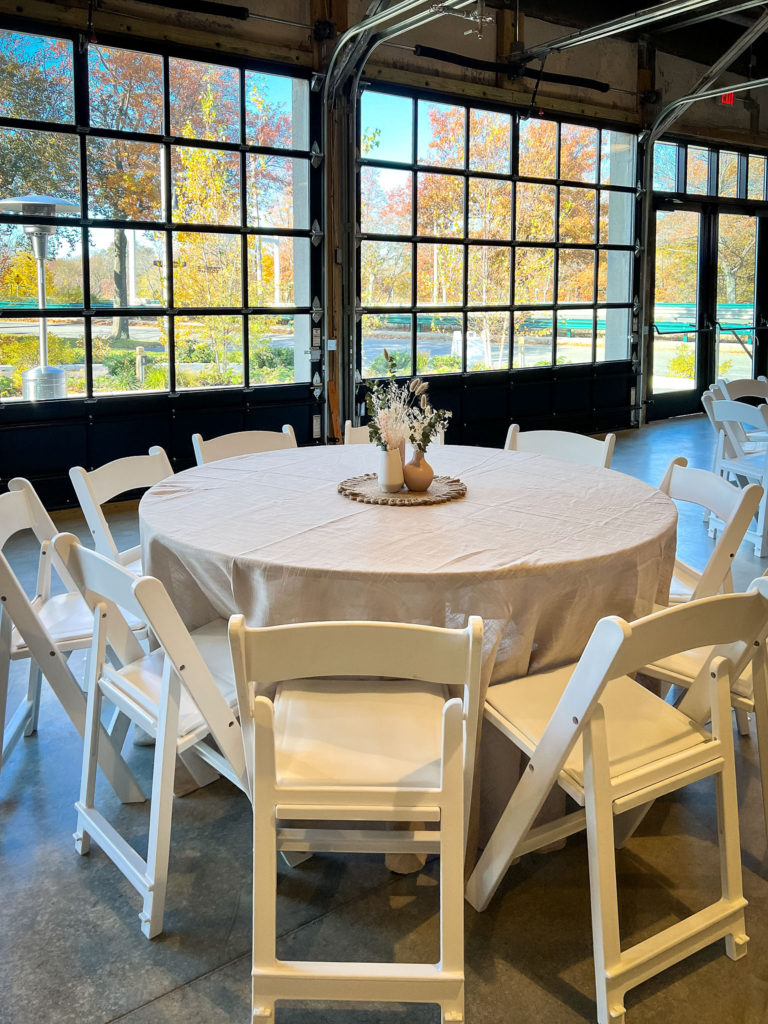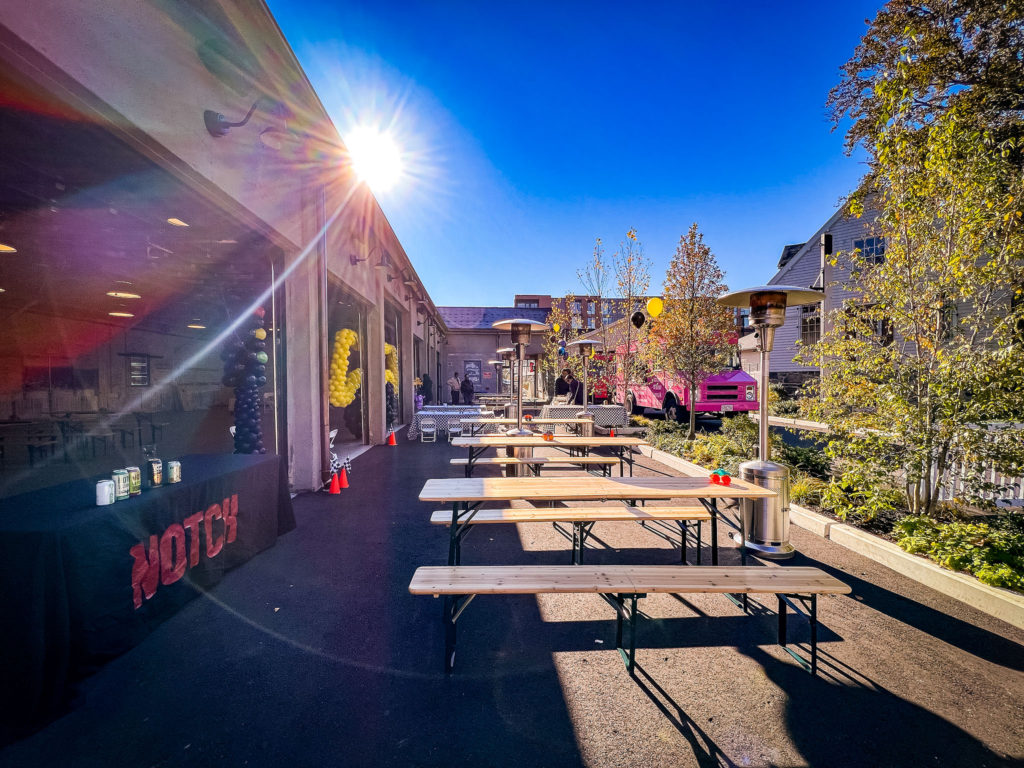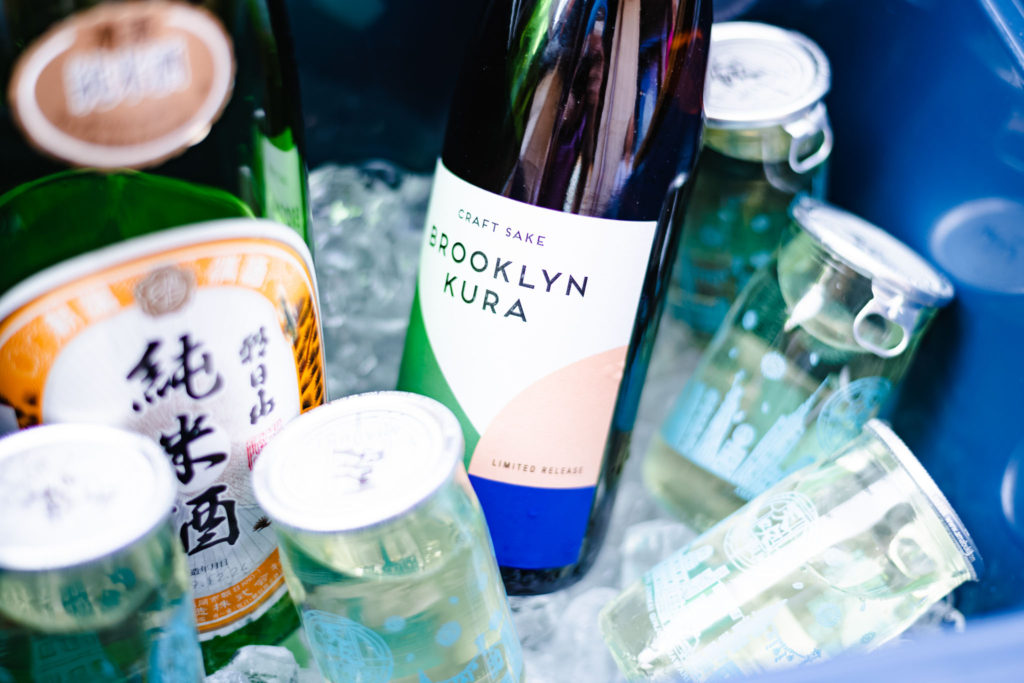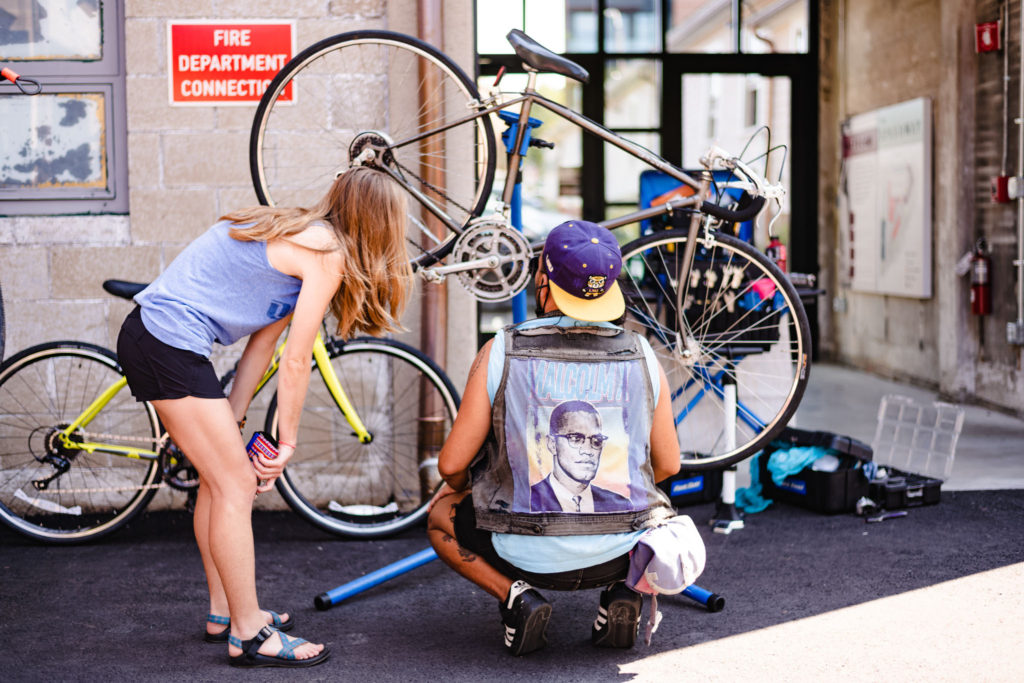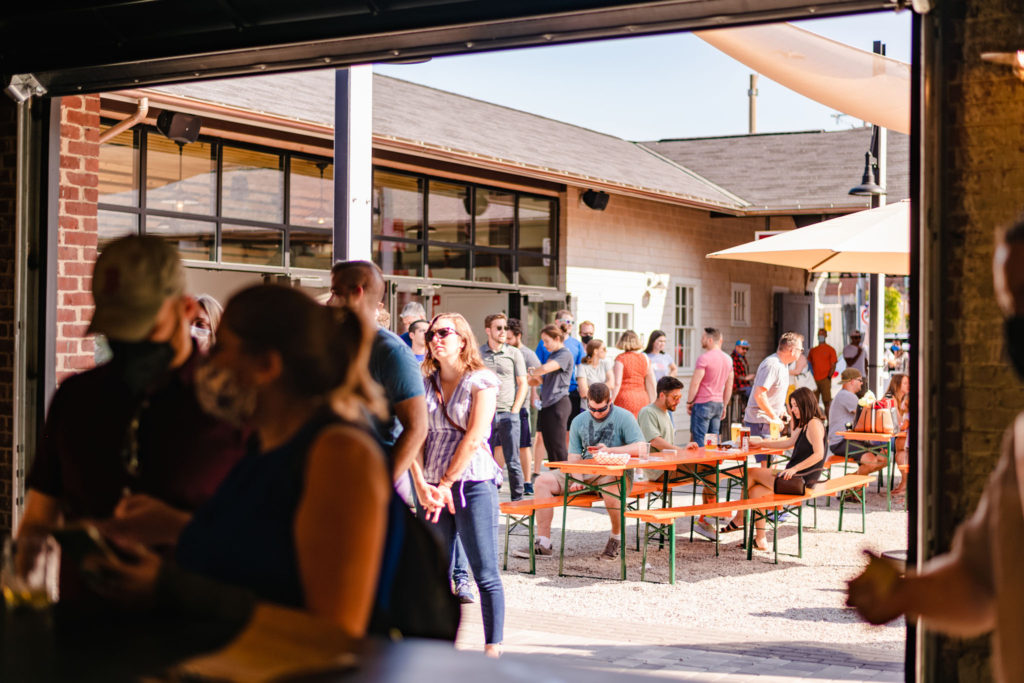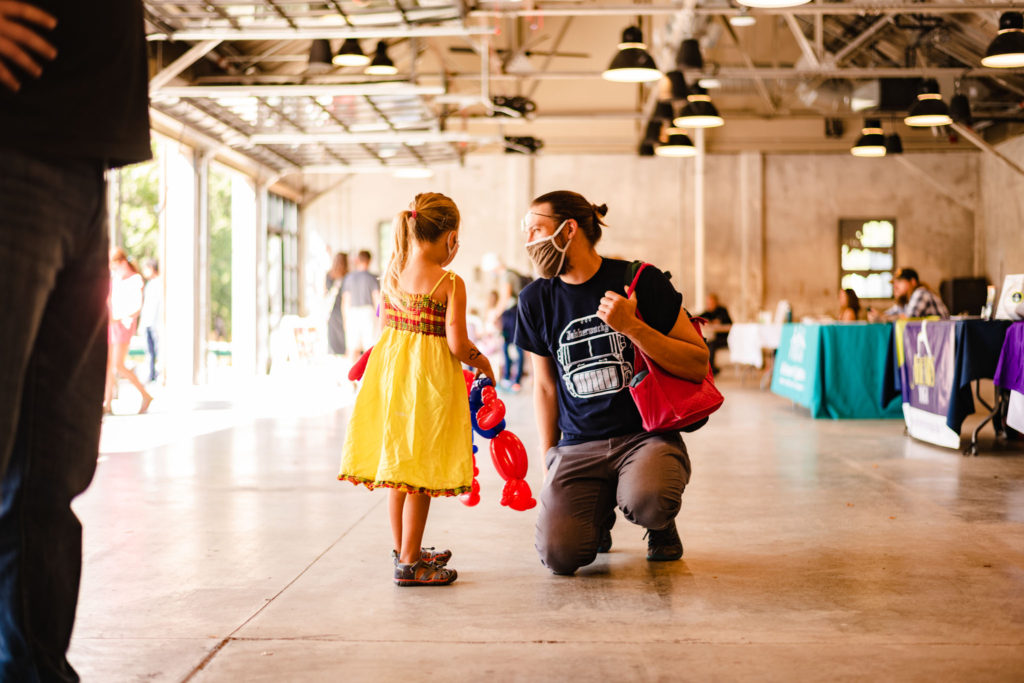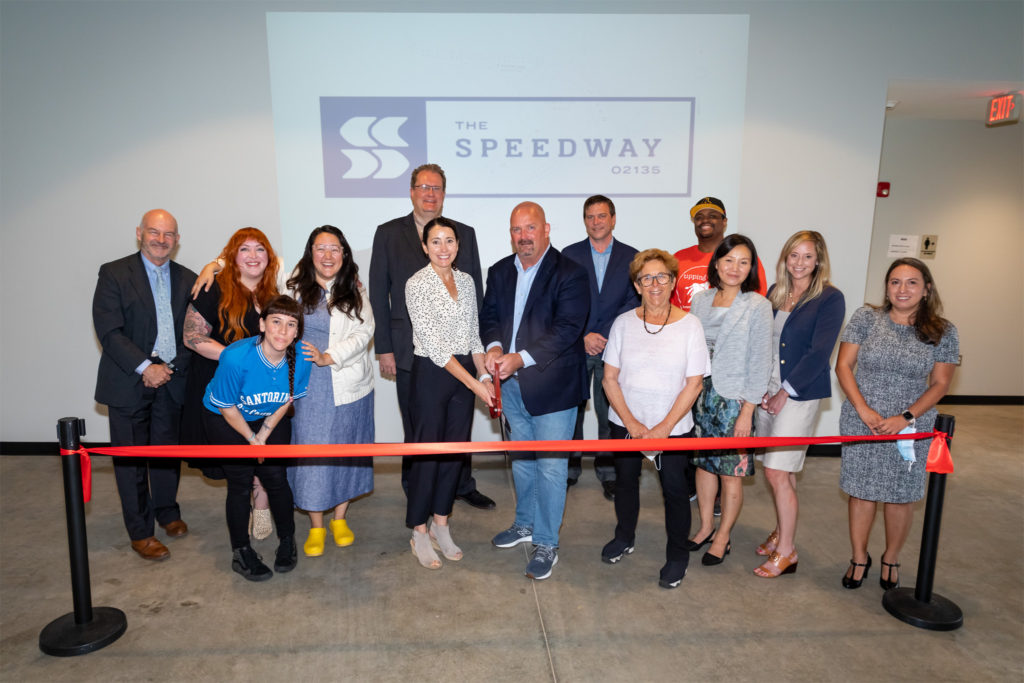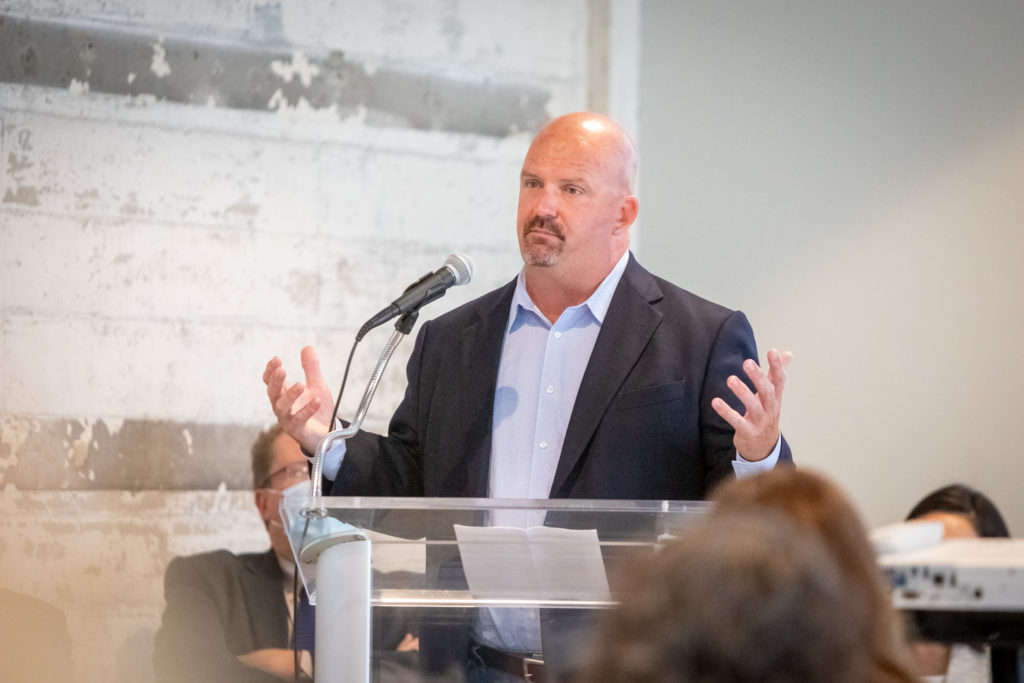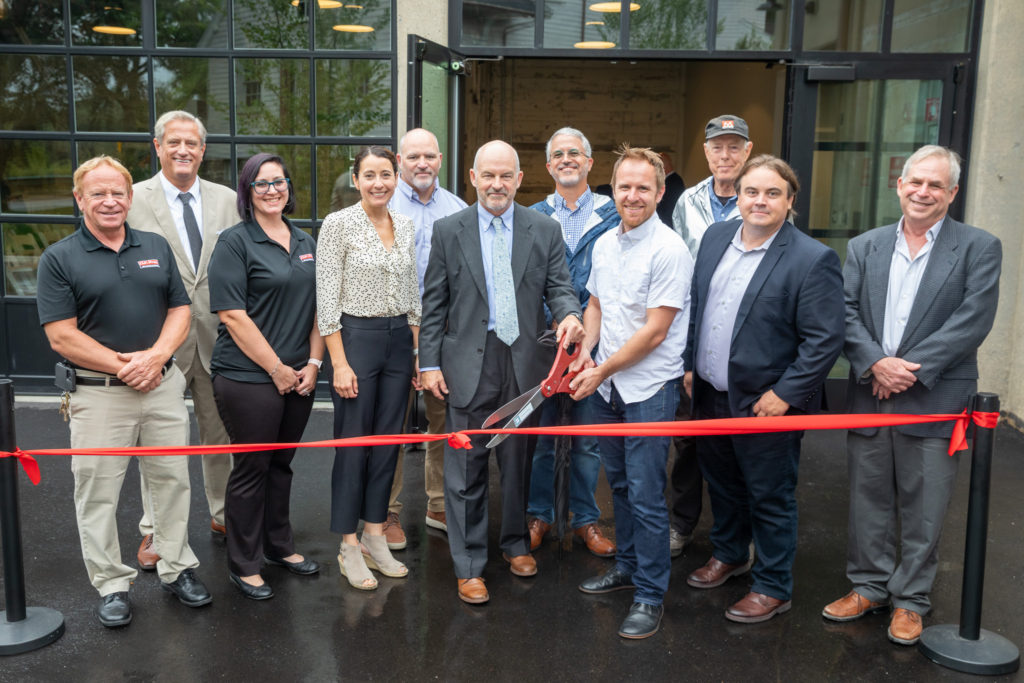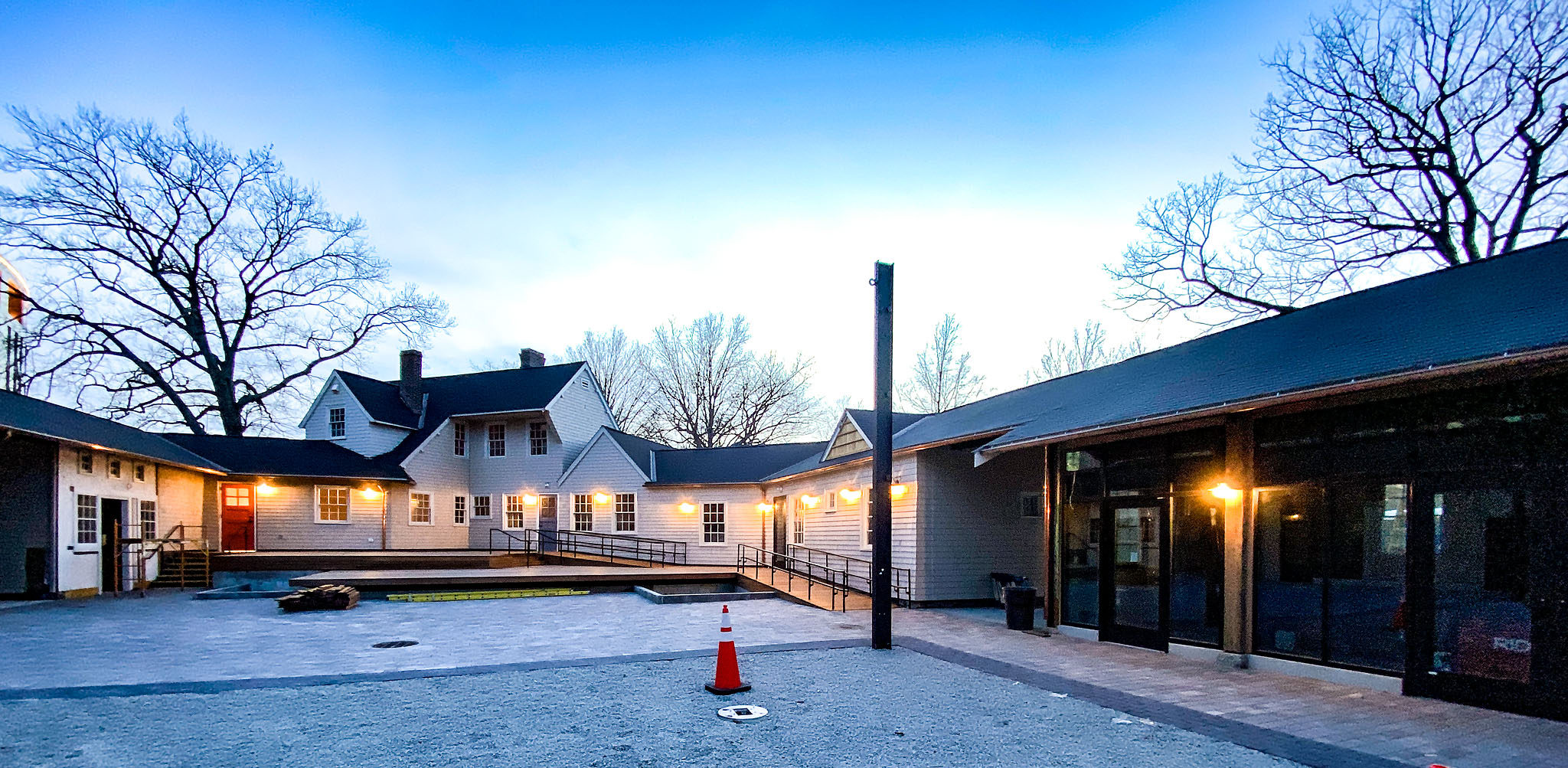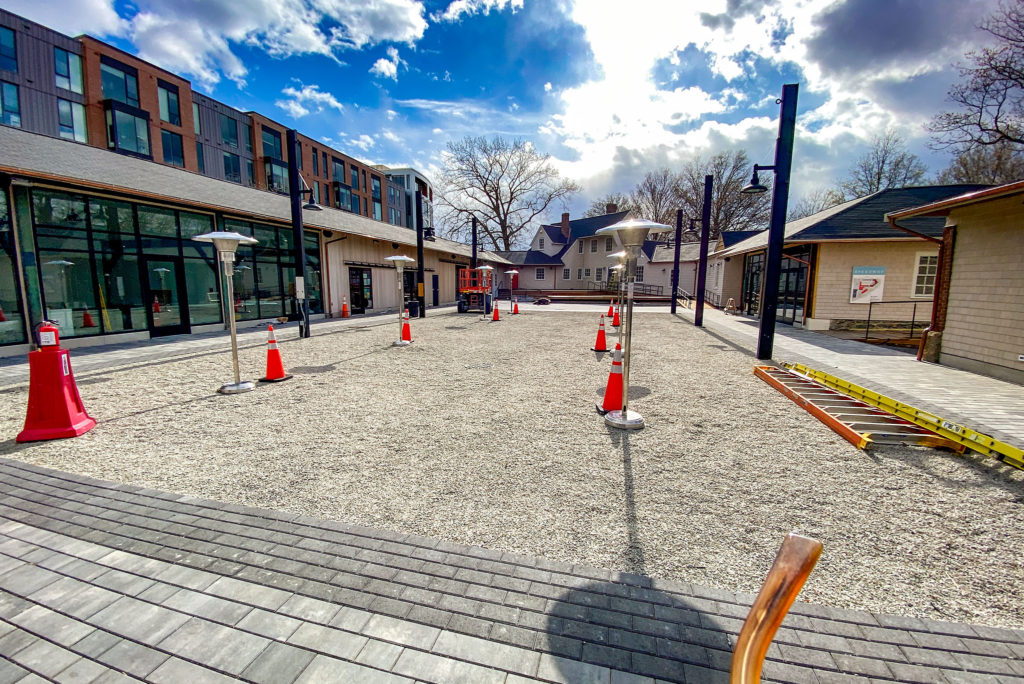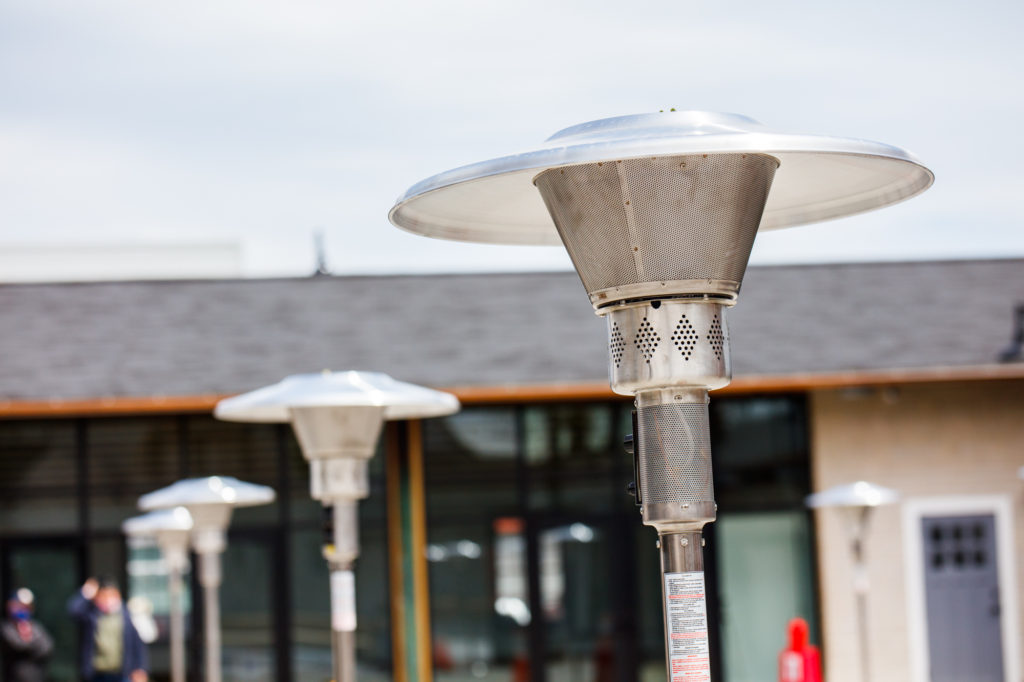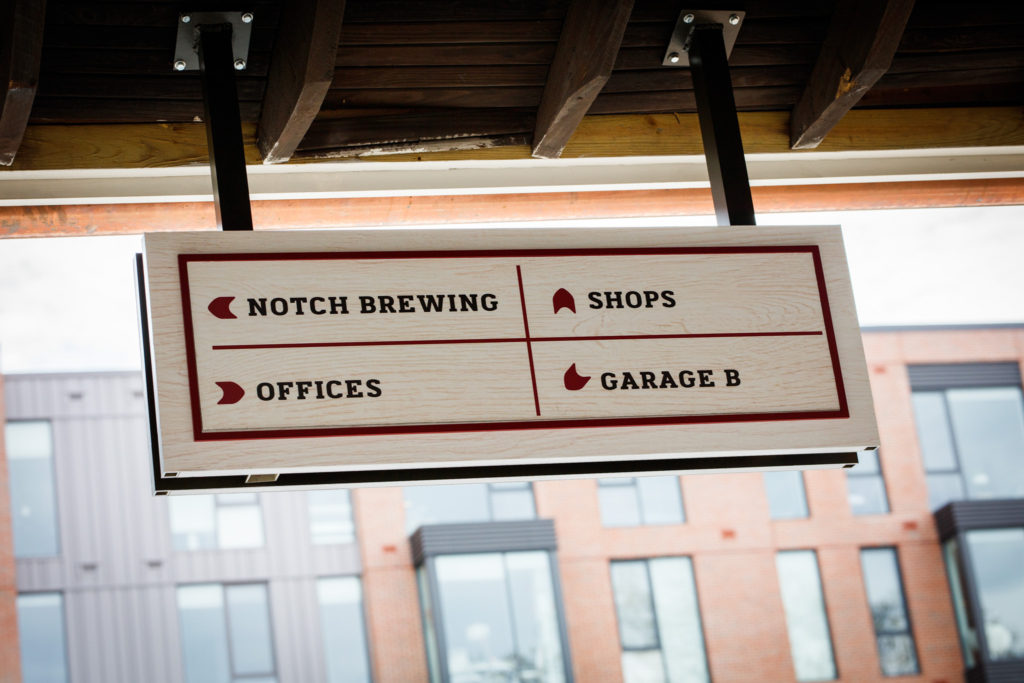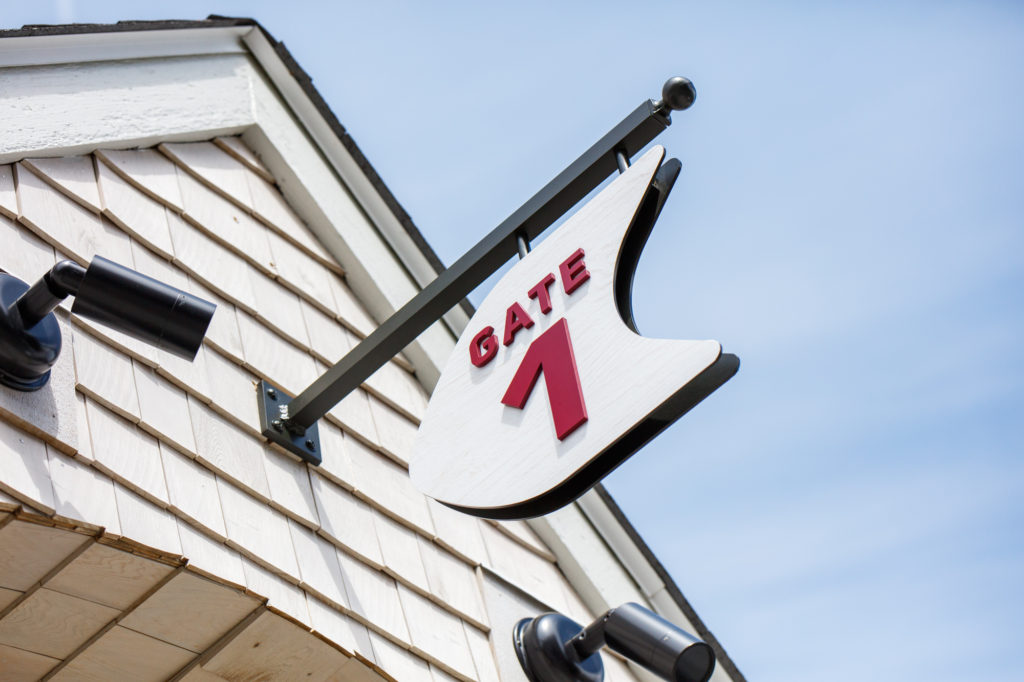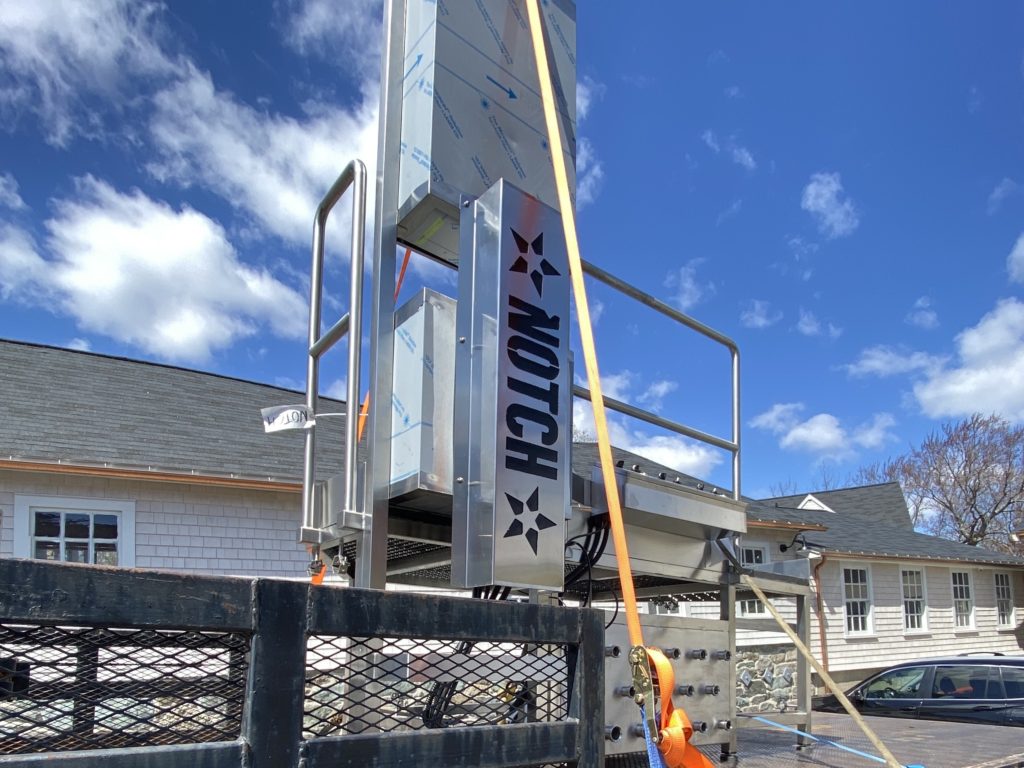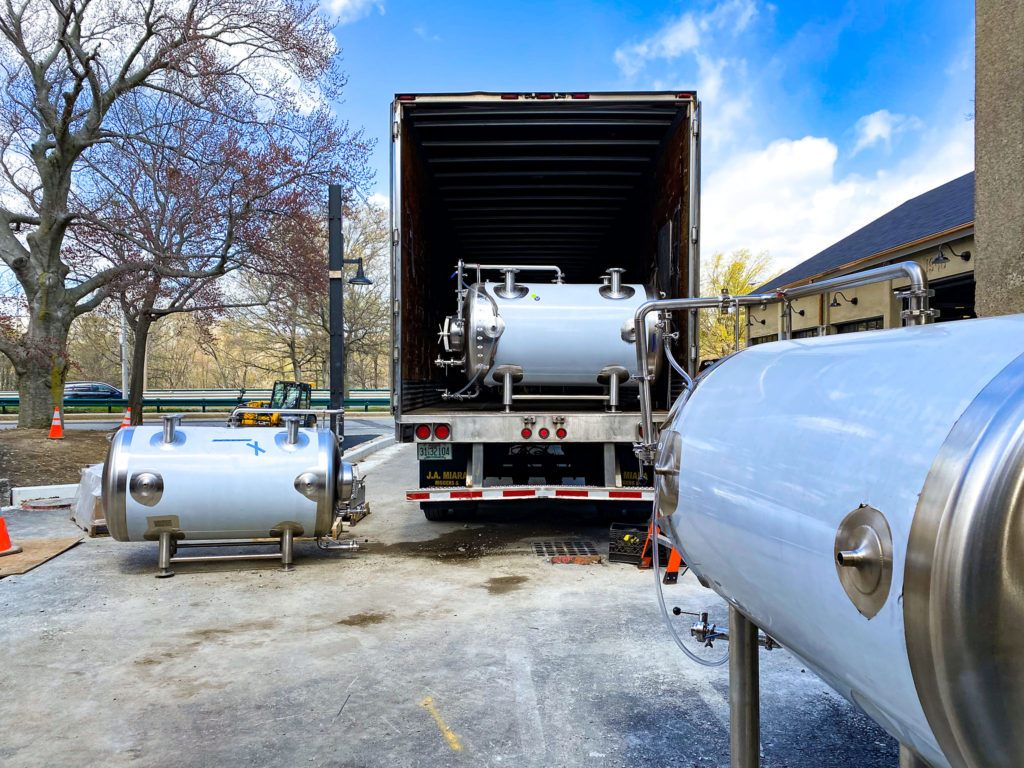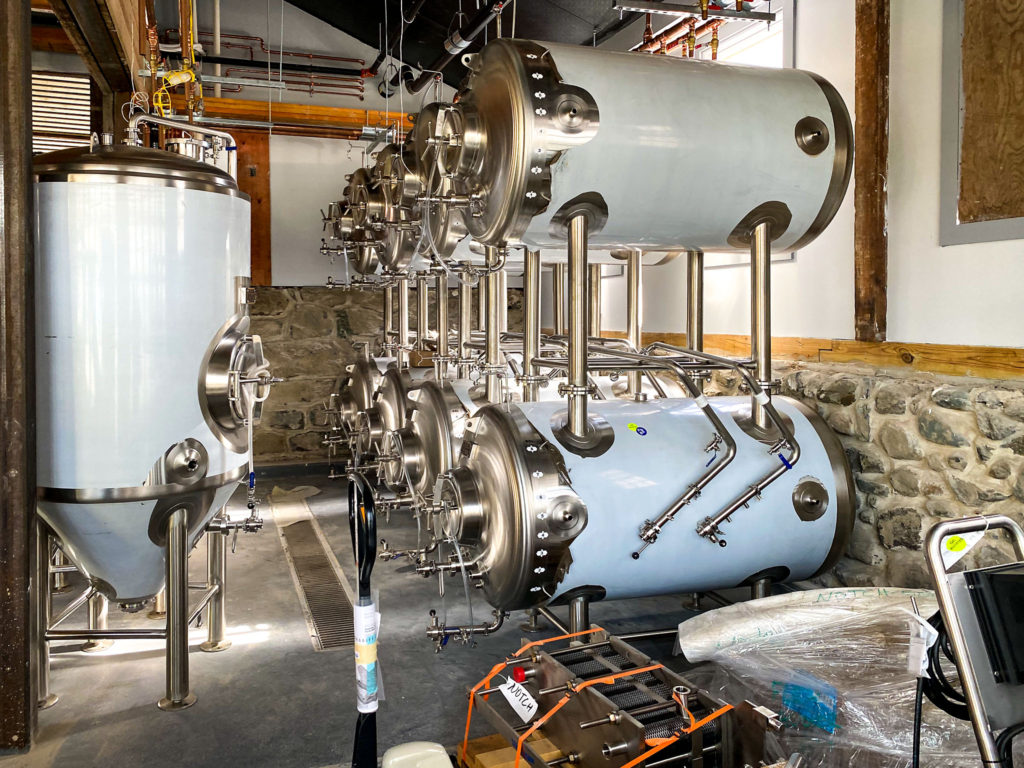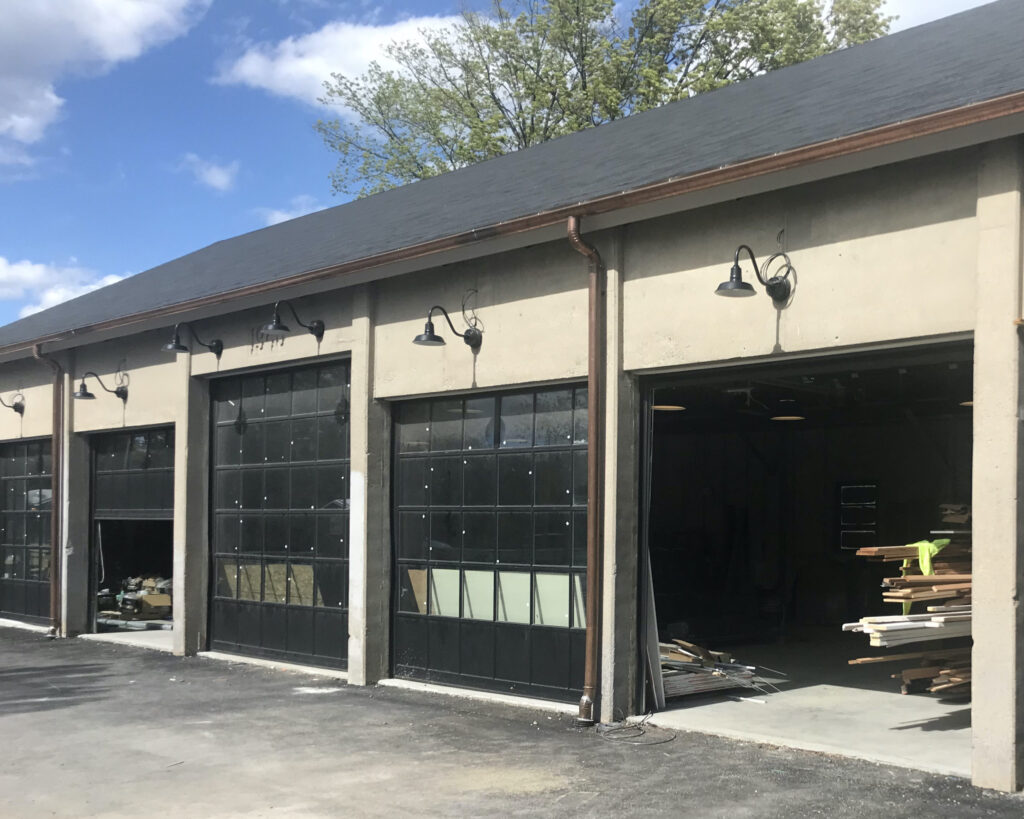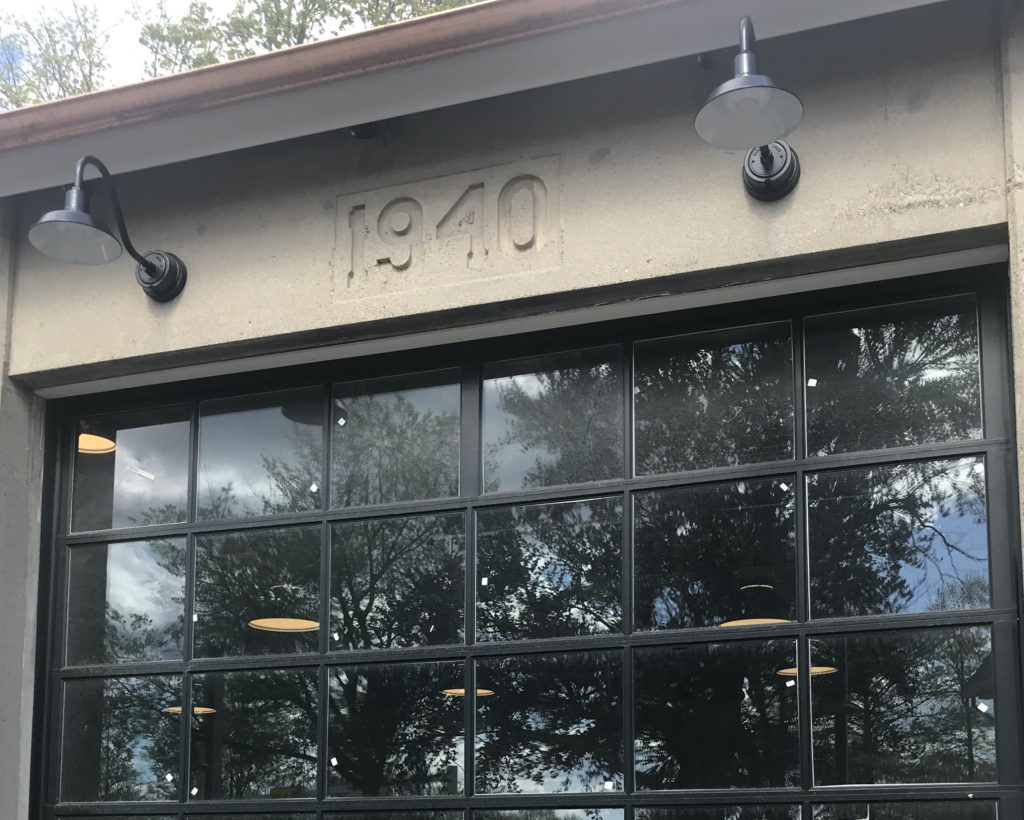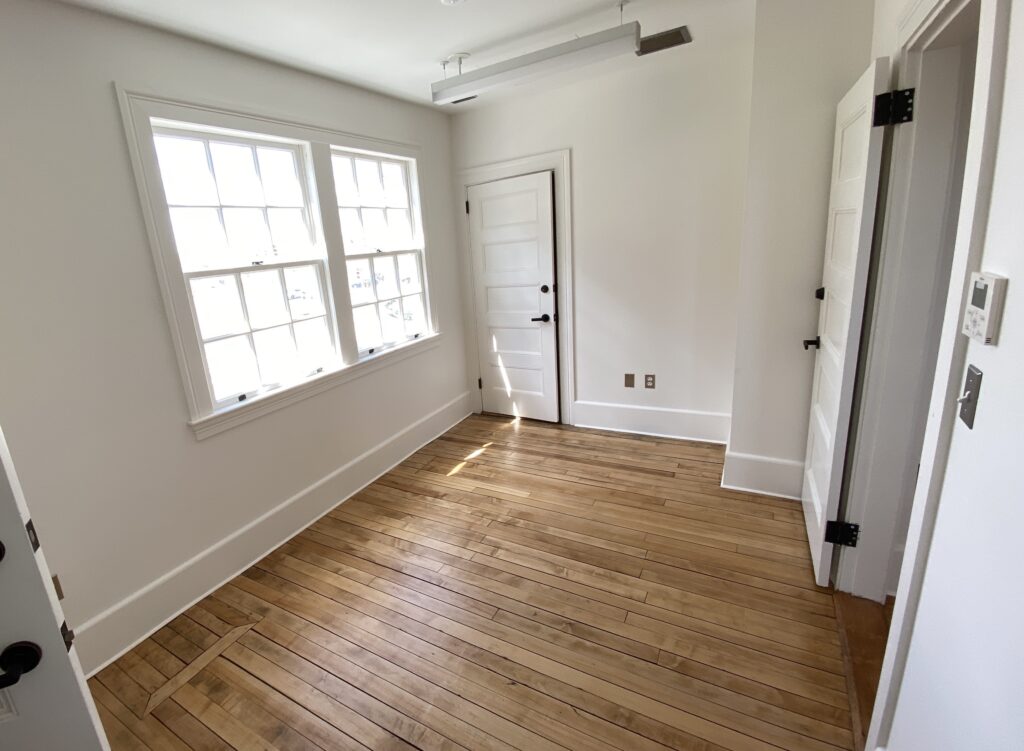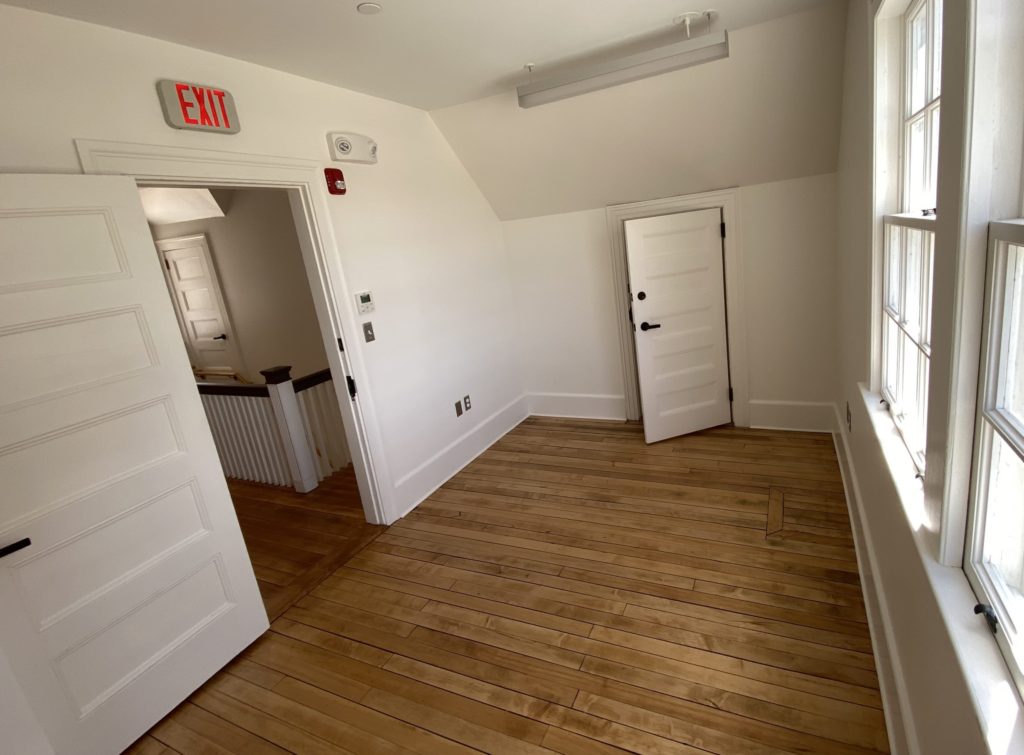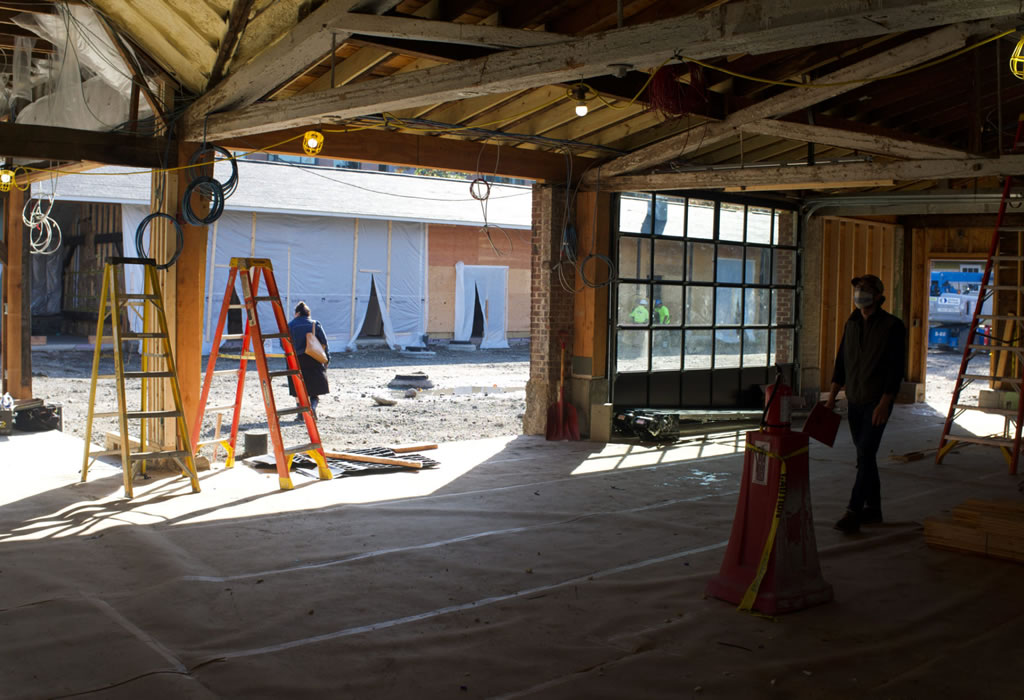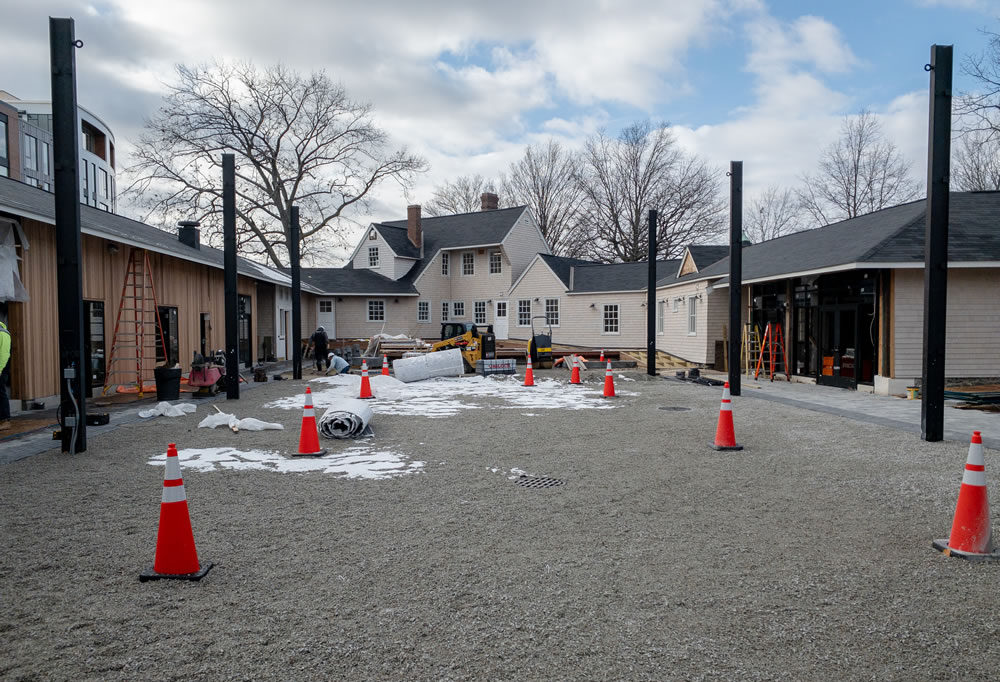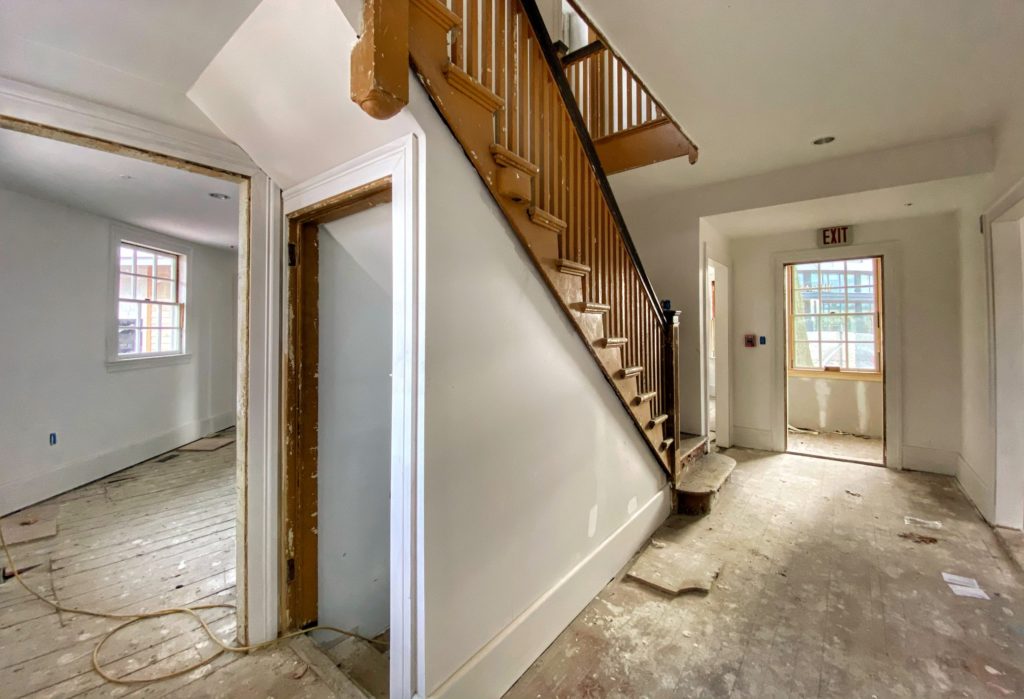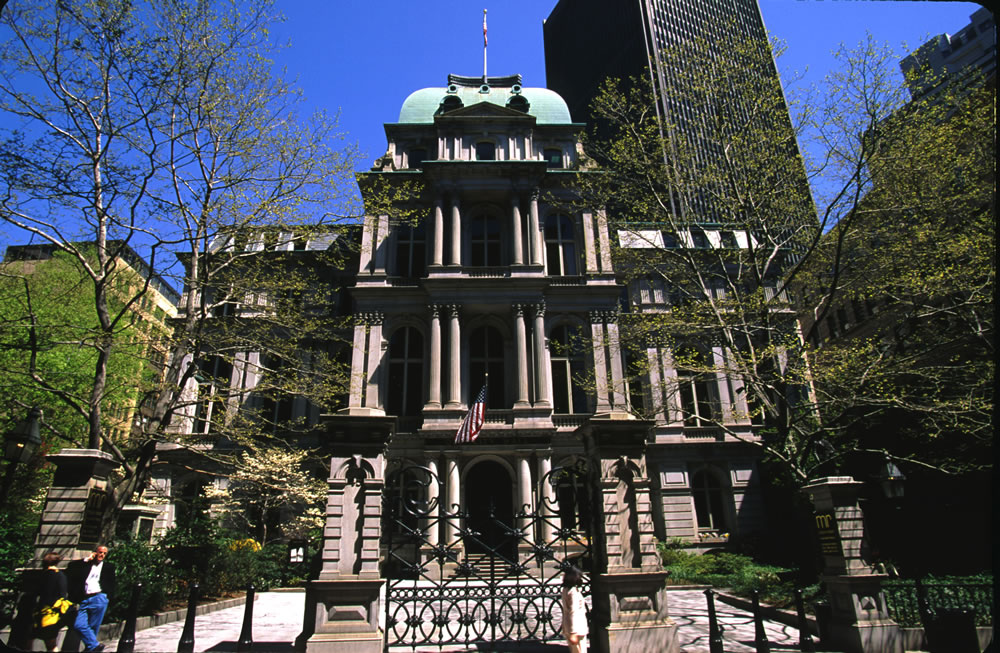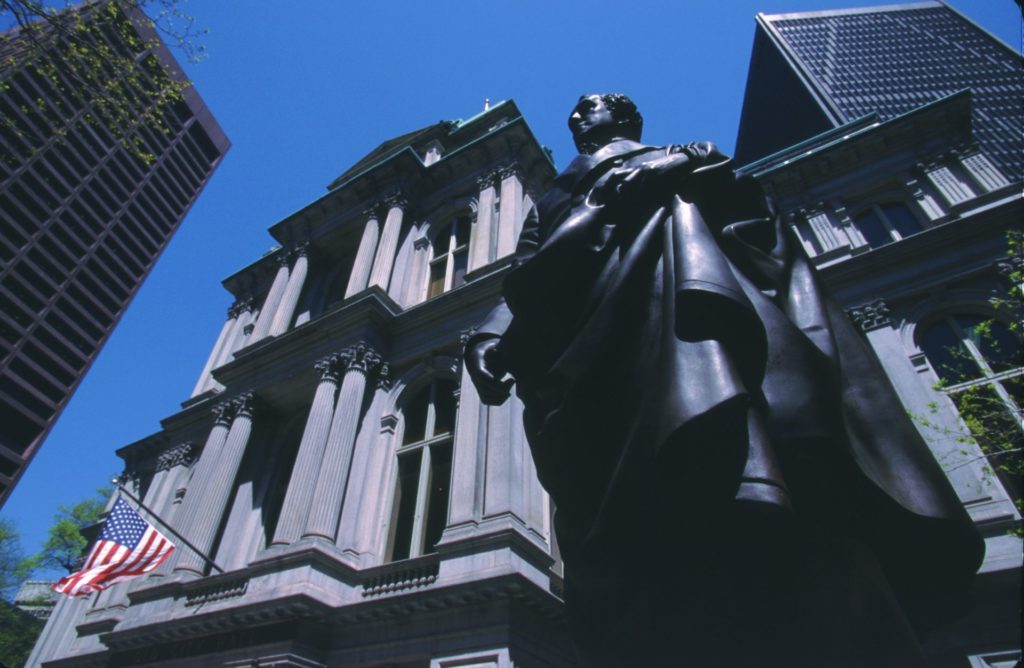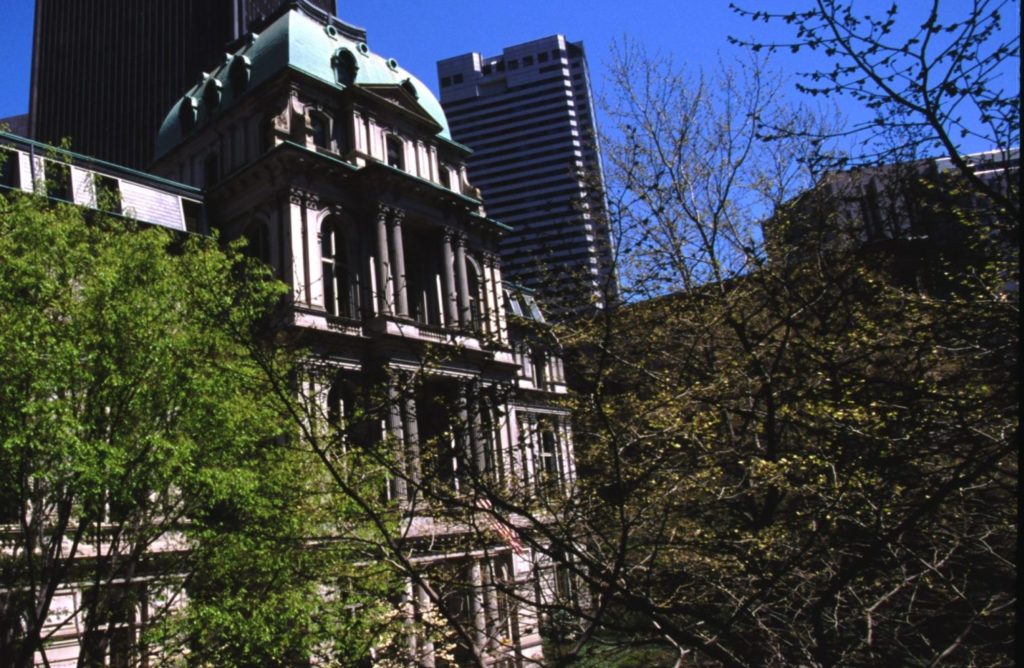Spotlight on DCR’s Historic Curatorship Program for Preservation Month
May is Preservation Month! The National Trust for Historic Preservation has set this year’s theme as “People Saving Places” and for us, there is no better way to do that than to put the spotlight on DCR’s Historic Curatorship Program, which is celebrating its 30th anniversary this year.
Within the Commonwealth’s 450,000 acres of state parks and forests are a number of unused, historically significant buildings. Established in 1994, the Historic Curatorship Program partners DCR with Curators who rehabilitate, manage and maintain unused, historic properties in return for a long-term lease. In doing so, DCR secures the long-term preservation of threatened historic sites for the public’s benefit, and Curators exchange an investment and their hard work and unique skills for the opportunity to live or work in a one-of-a-kind location.
Curatorship properties are preserved through a wide range of reuses – residential, non-profit, for profit, hospitality and museums, and must be compatible with the historic and natural character of the setting. You can learn more by watching this engaging video about the program.

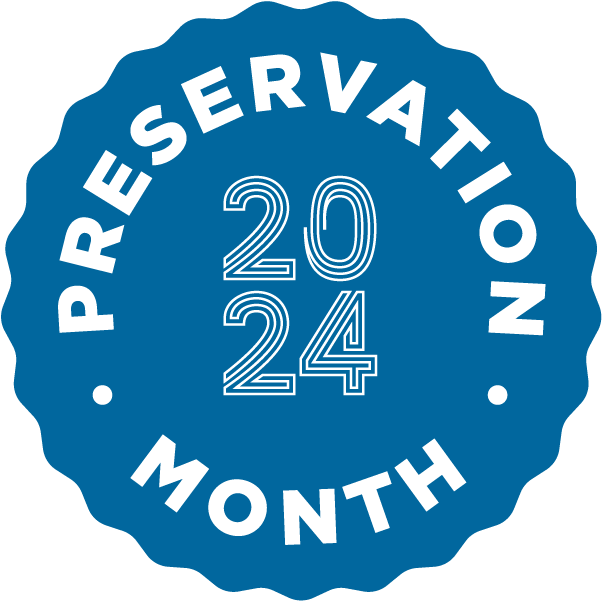
Here at AHF, we salute all the Curators and we thank DCR for spearheading such an effective and ground-breaking program. As the National Trust says: “historic place-savers pour their time, energy, resources (and sometimes a great deal of sweat and tears) into protecting places they care about.” And for the Curators that have invested and preserved these unique and historic properties across the Commonwealth, that definitely describes you! Throughout the month, we will highlight a few of our favorite properties to shed a bit of light on this ground-breaking historic preservation program.
We’d love to see the Historic Curatorship Program continue to expand and for more properties to benefit from the attention and dedication provided by this public-private partnership. Interested? There are properties open for proposals in Monterey, Shutesbury, and Milton right now! Learn more here.
Want to learn more about becoming a resident curator? The curators of the Dodge House in the Bradley Palmer State Park in Hamilton have recorded their fascinating journey on their blog. Read more here.
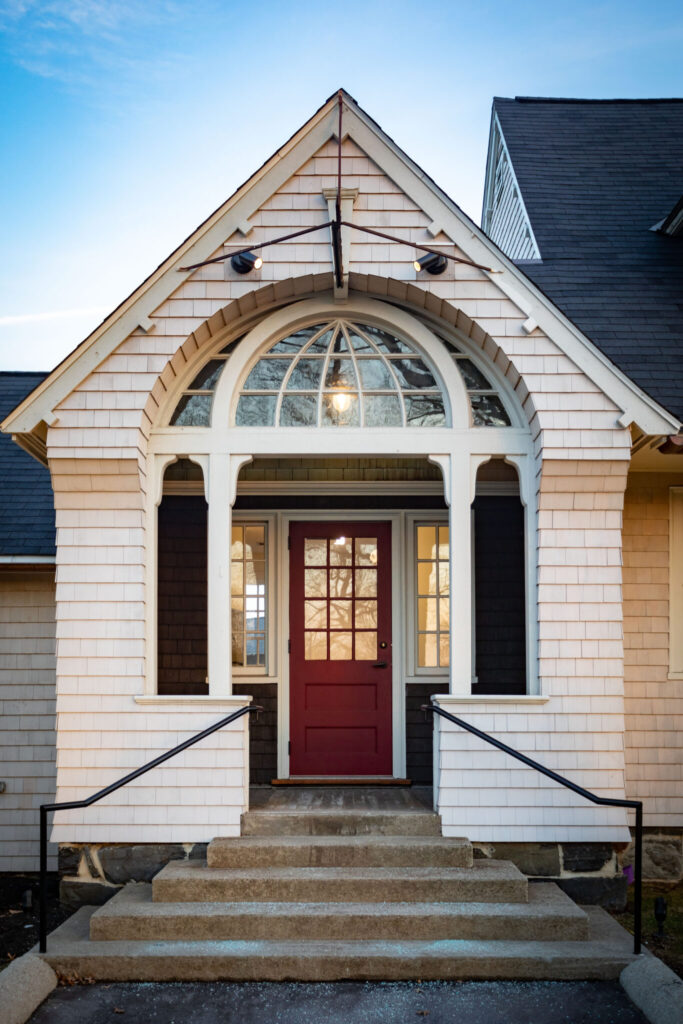

Speedway Administration Building, Charles River Reservation, Brighton
Yes, we had to start with this one. The Charles River Speedway is near and dear to our hearts, as AHF is the Curator of this property!
One of the first structures built by the fledgling Metropolitan Parks Commission in 1899, the Speedway represents the earliest history of the nation’s first metropolitan park system. Architect William D. Austin’s dramatic shingle style masterpiece served as the headquarters for the Speedway – a horse racing track hugging the Charles River.
In 2019, Architectural Heritage Foundation (AHF) began a 40-year lease to rehabilitate the property as a mixed-use community space. After years of vacancy, this landmark started its new life and opened to the public in 2021. Today, the Charles River Speedway is home to Notch Brewery and several small businesses, including The Koji Club, Super Bien, Pizza Project, Birds of Paradise, Bellwether Salon, and flexible event spaces at Garage B and The Annex.
Learn more about the history of The Speedway and its current role as a vibrant community hub here.
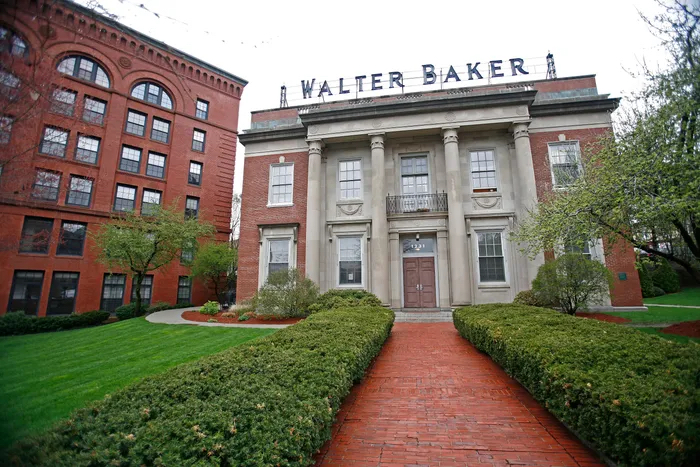
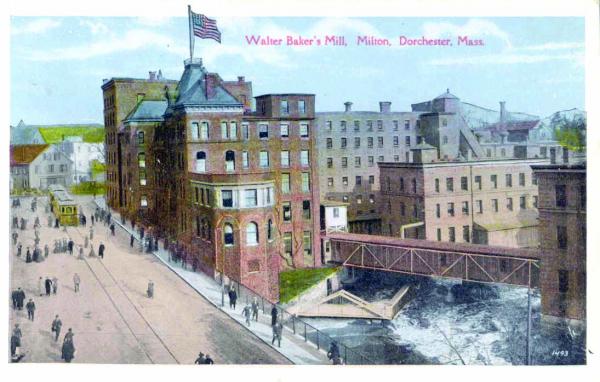
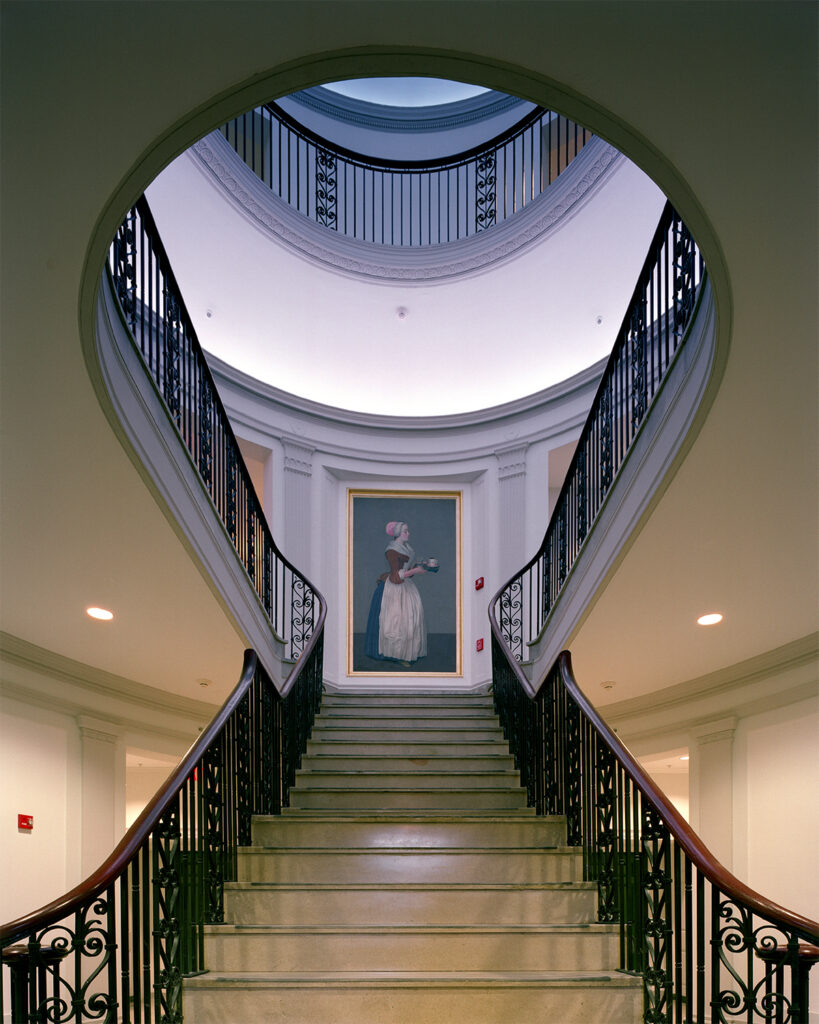
Walter Baker Chocolate Factory, Dorchester
Built in 1919 as the Administration Building for the sprawling Baker Chocolate Factory, this Classic Revival style office building serves as the centerpiece of one of Greater Boston’s most successful historic preservation projects.
In November, 2000, Keen Development Corporation, in conjunction with Preservation Mass, became the Curator of the Walter Baker Chocolate Factory Administration Building, signing a 50-year lease. Keen Development finished the restoration of the building in 2002, which includes 13 artist live/work lofts, gallery space, and meeting rooms arranged around a three-story central atrium. Today, the historic building also hosts Dot Art, a non-profit offering art education for neighborhood youth.

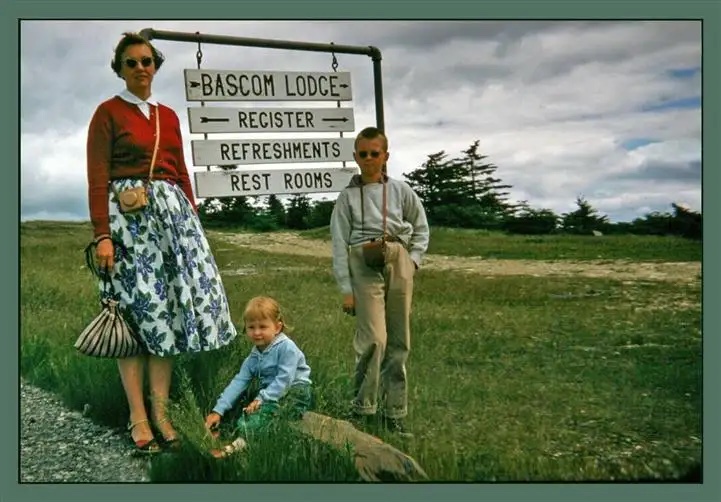
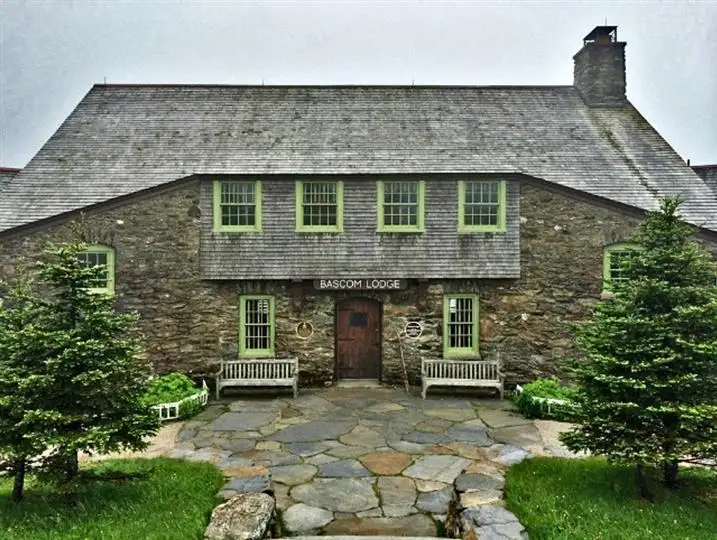
Bascom Lodge, Mt. Greylock State Reservation, Adams
Opened in 1937, the Civilian Conservation Corps built Bascom Lodge during the depths of the Great Depression. Perched on top of Mt. Greylock, the state’s highest mountain, the iconic property was designed in an architectural style that would later influence a generation of America’s National Park buildings. Constructed of local stone quarried from the mountain, and old growth red spruce timbers, the mountaintop lodge is the centerpiece of a 12,500 acre wilderness park.
In May 2009, DCR selected a Curator to operate, rehabilitate and maintain Bascom Lodge. The Curators continue the decades-long tradition of providing quality food, lodging and programs for visitors to Mt. Greylock State Reservation.
Learn more about Bascom Lodge here.
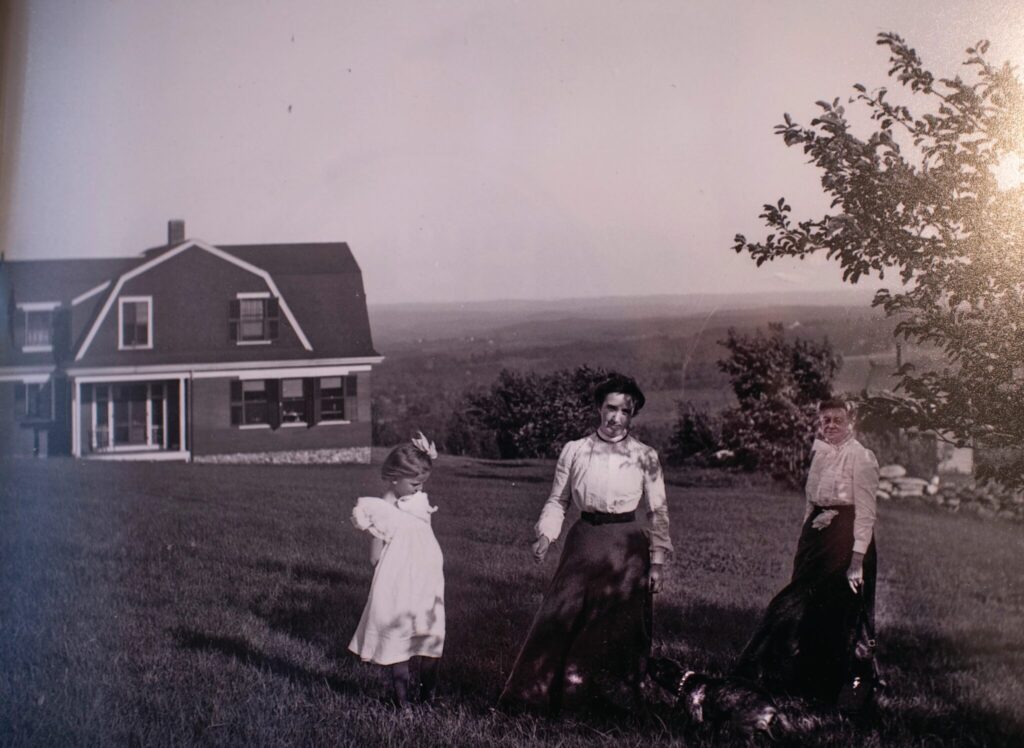
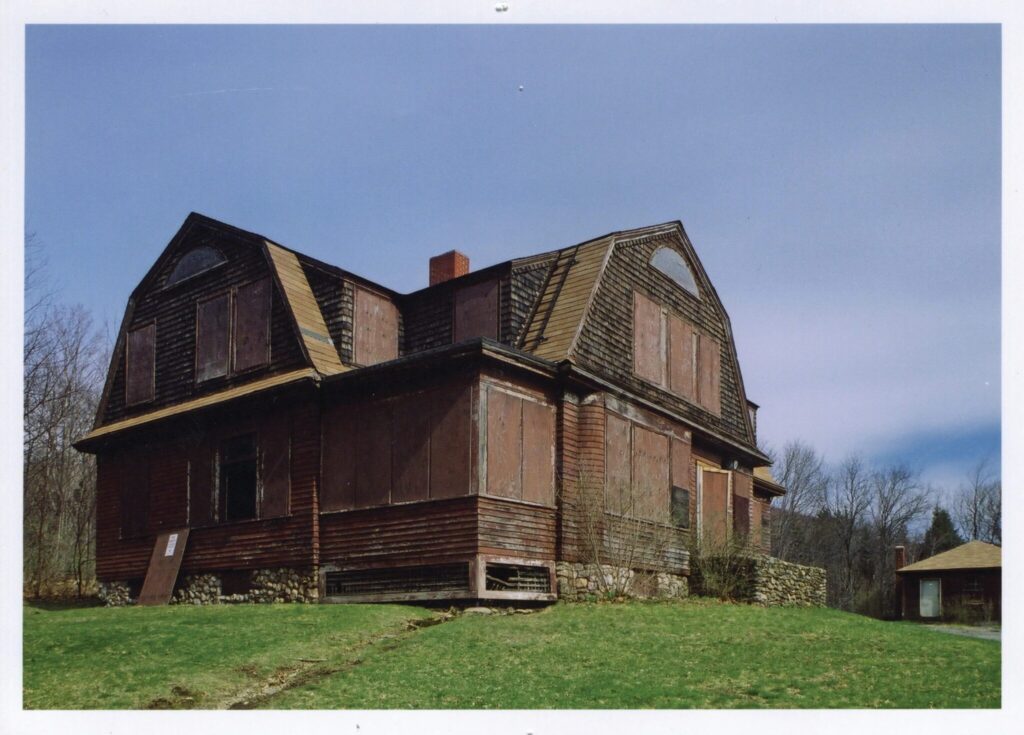
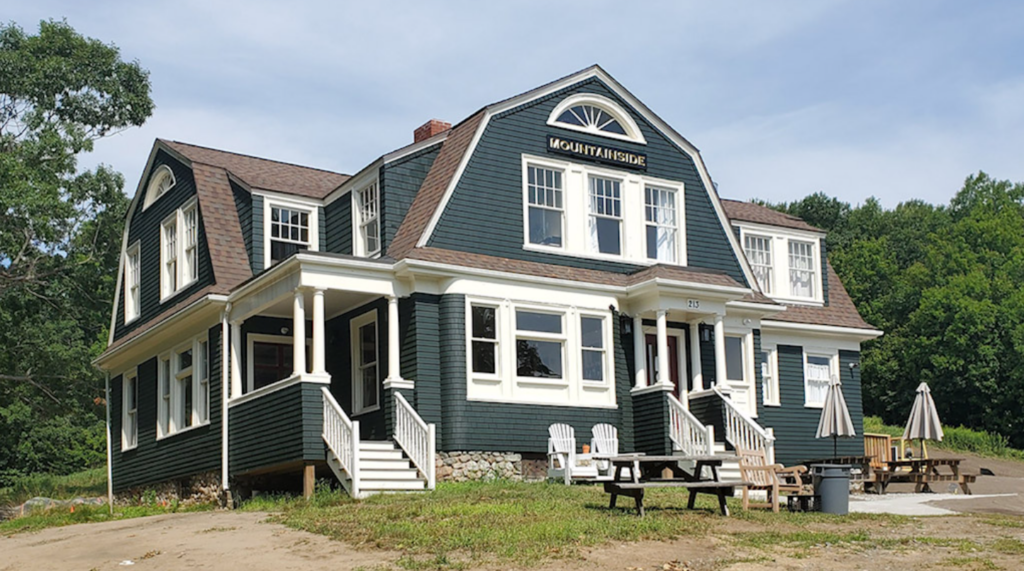
Wachusett Superintendent’s House, Wachusett Mountain State Reservation, Princeton
Built as an office and residence for Wachusett Mountain State Reservation’s first Superintendent, Guy Chase, this is one of the first buildings built by the fledgling state park agency in 1903. Without a core use, the building sat vacant for 30+ years. DCR continued to invest in the stabilization of the house, but an active reuse was needed to reconnect the property with the public.
In 2018, the Curators signed a 40-year lease to fully rehabilitate, maintain, and manage the house and garage as a bakery, cafe, and community gathering place. Today, Mountainside Bakery and Cafe serves as a destination for hikers and day trippers looking for a good meal and a place to rest.
Visit mountainsidebakerycafe.com to learn more about the project.
The Dodge House, Bradley Palmer State Park, Hamilton
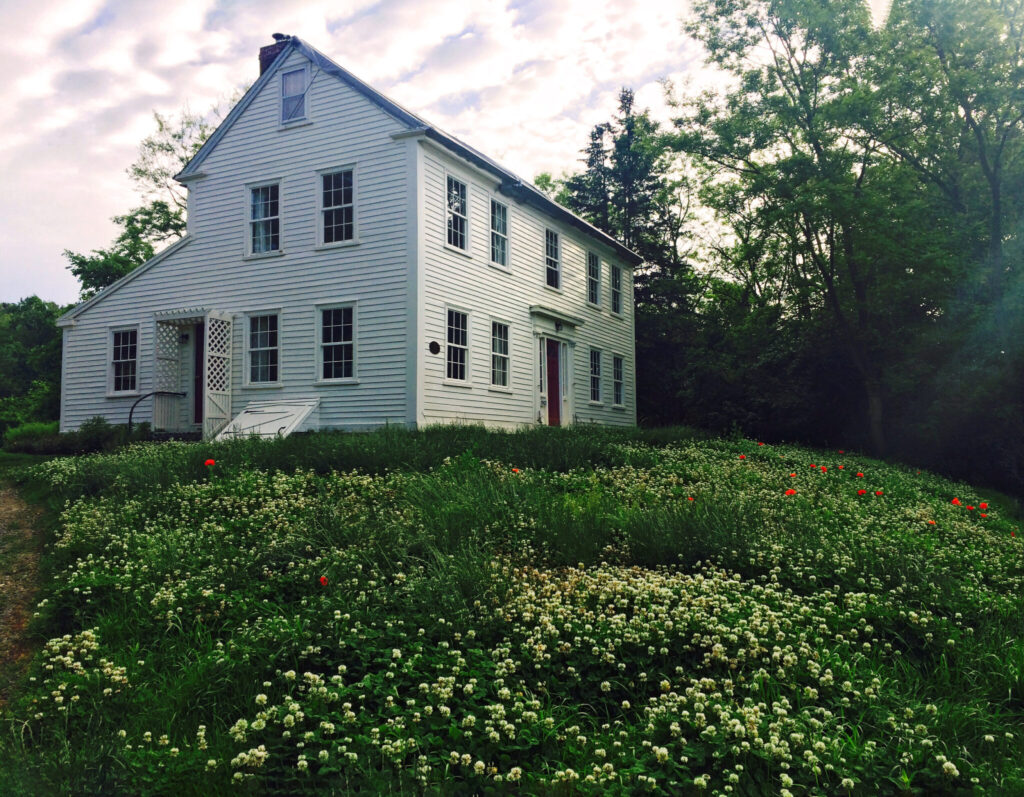
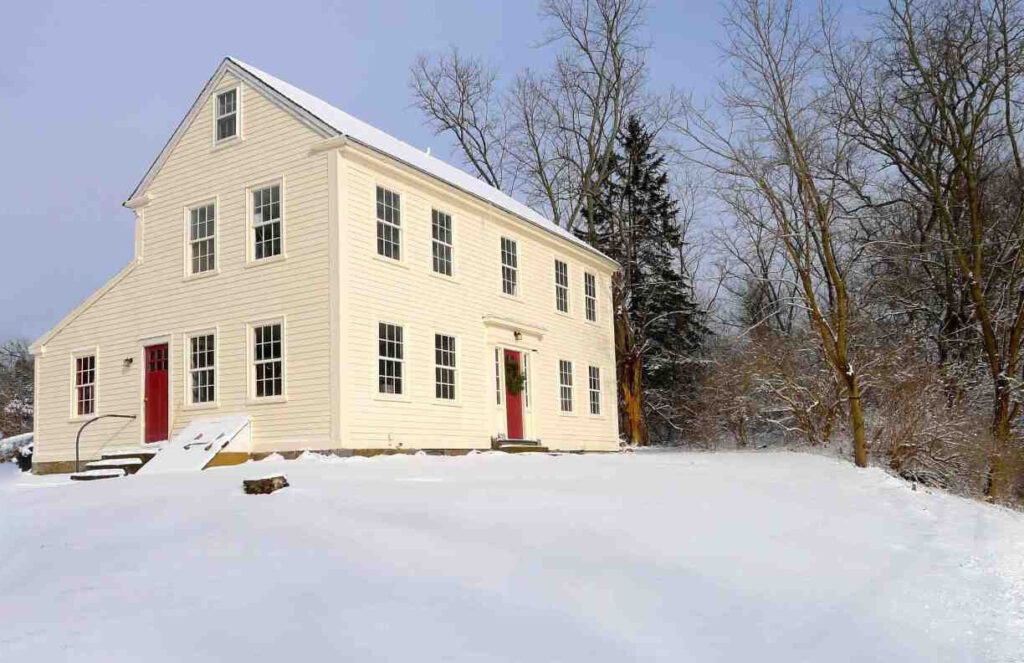
So far, we have highlighted properties that are being used for mostly commercial purposes. But what about the resident curators out there, putting their time, energy and money into historic state properties that will become their homes? For an insider’s look at the challenges, obstacles, and ultimate huge reward, take a look at the fascinating journey of the curators of the Dodge House in the Bradley Palmer State Park. Read more here.
